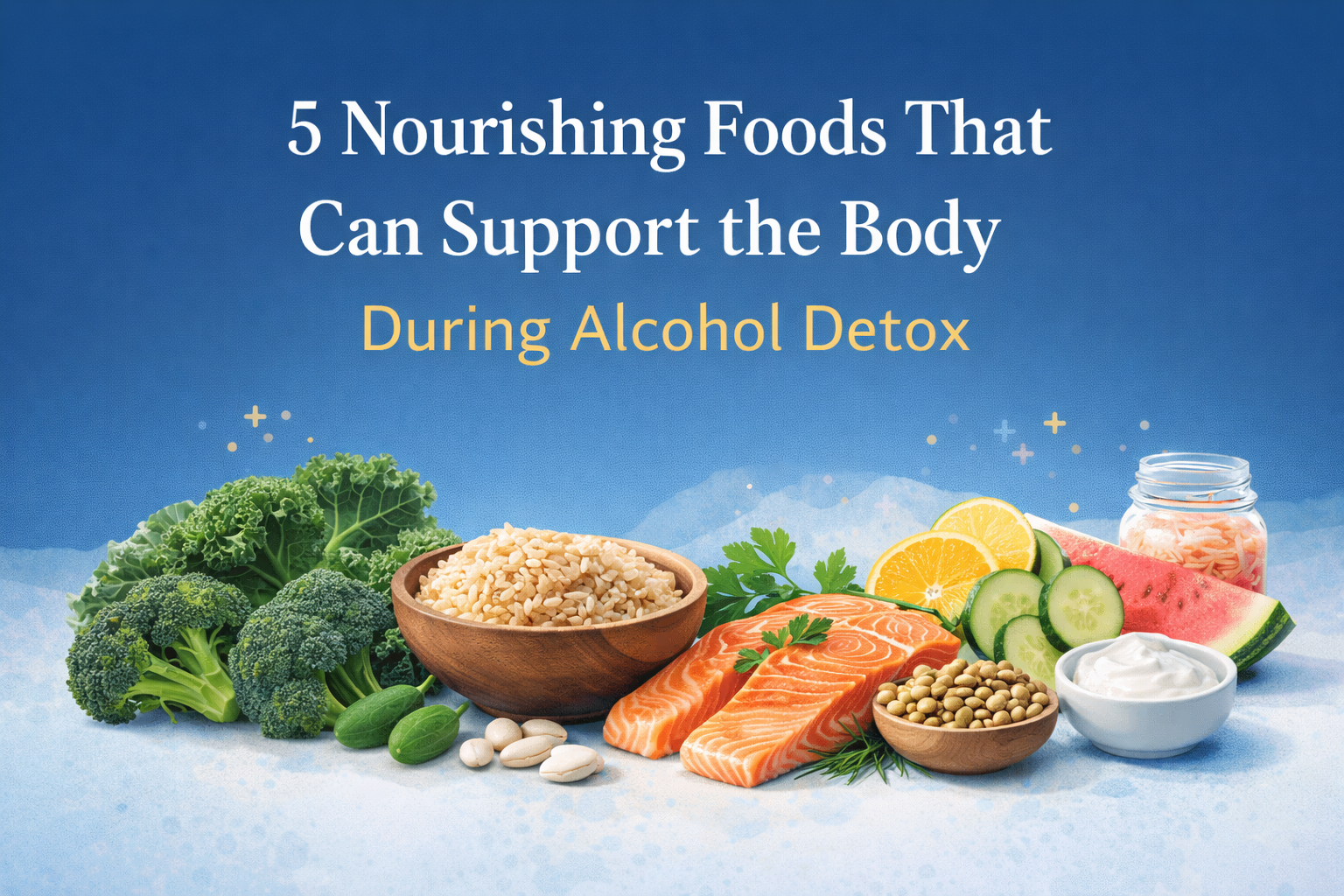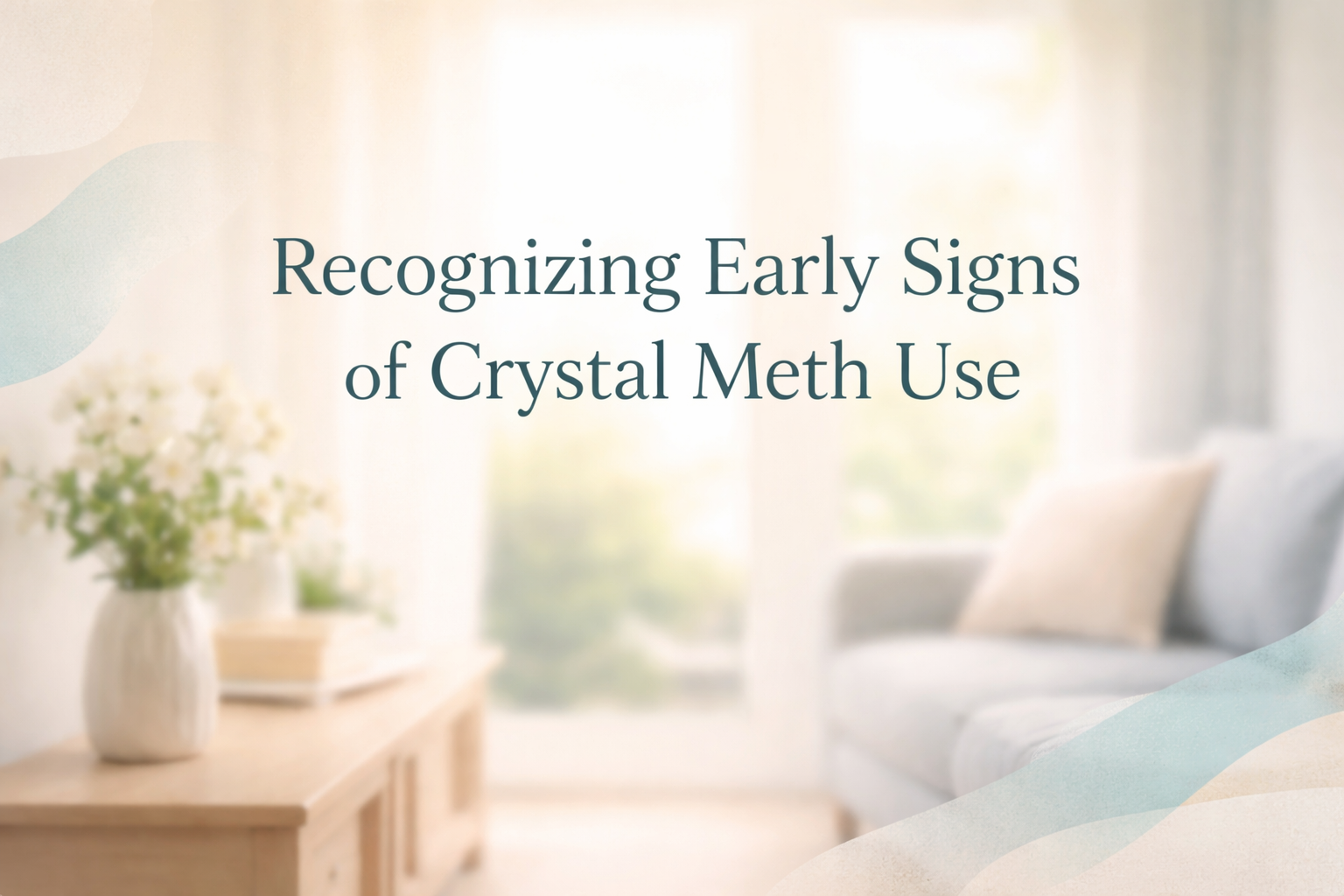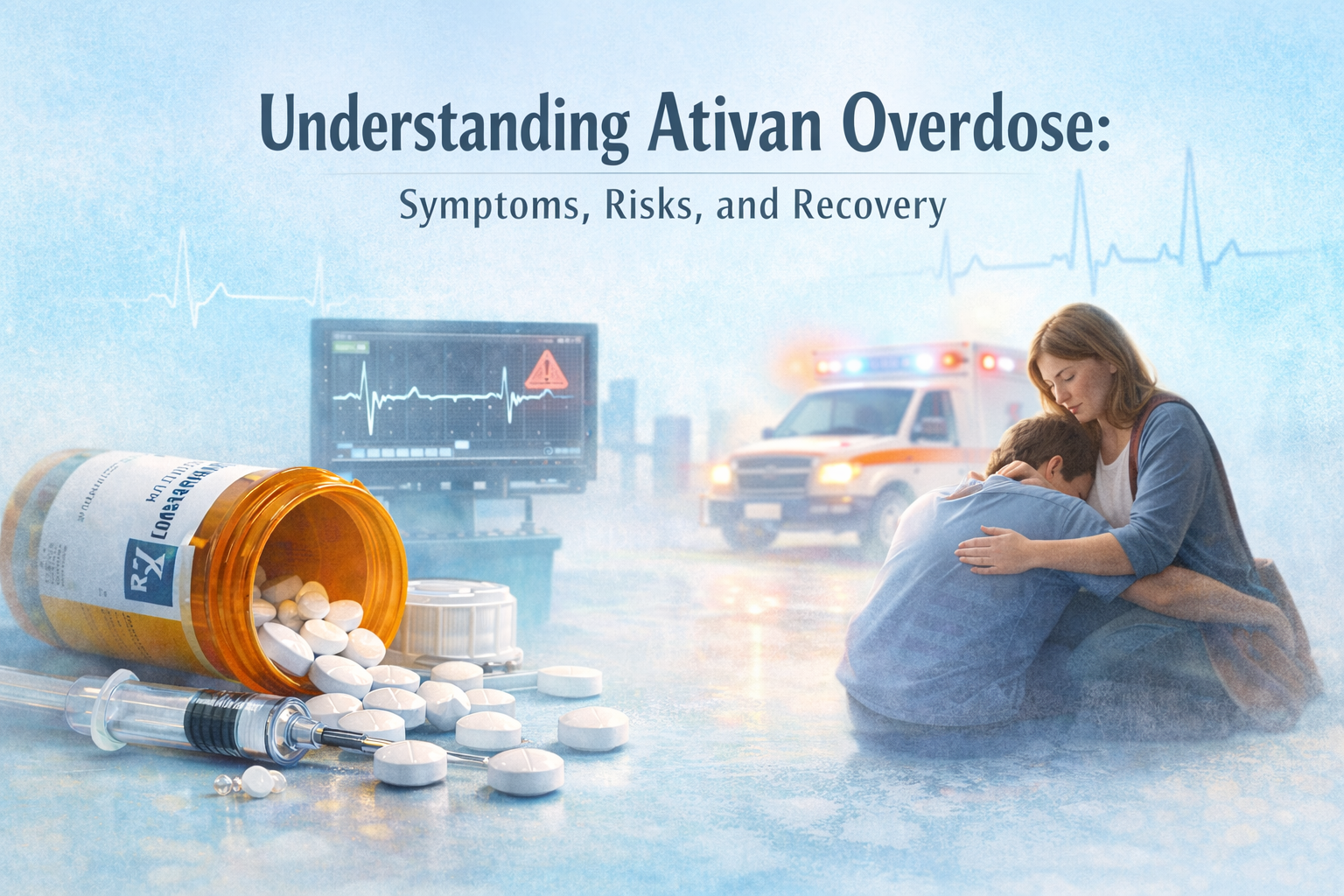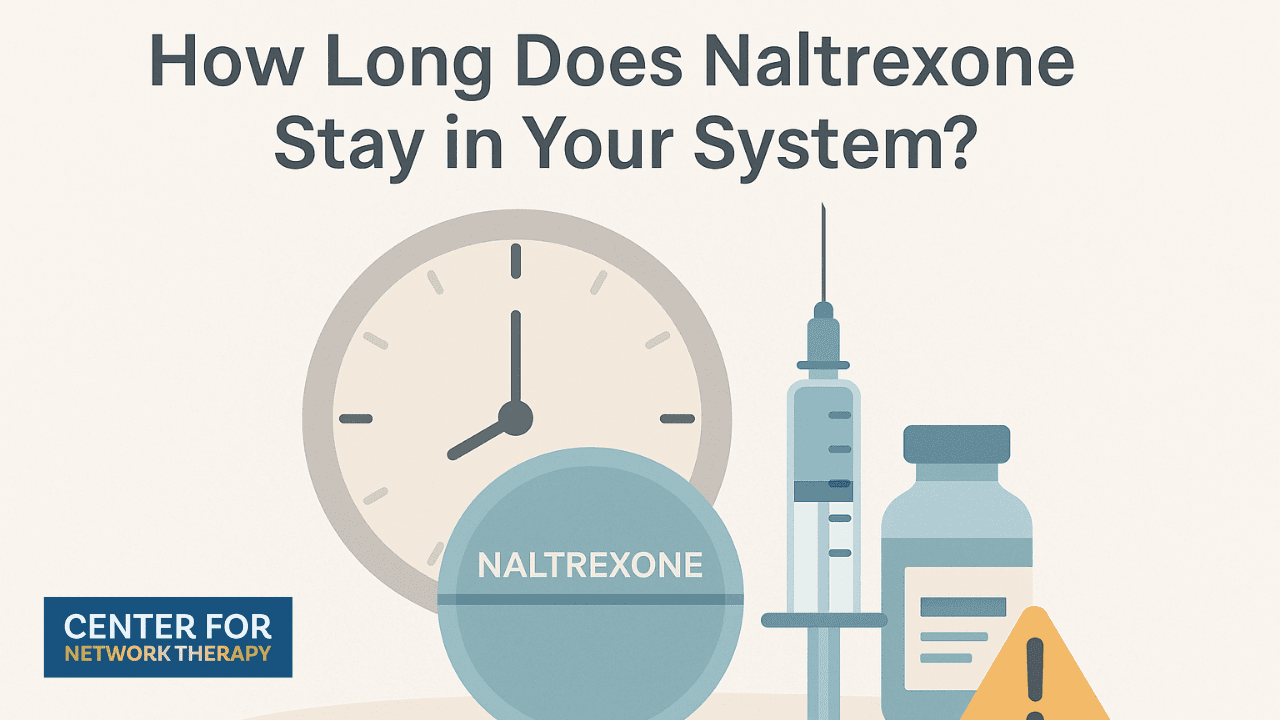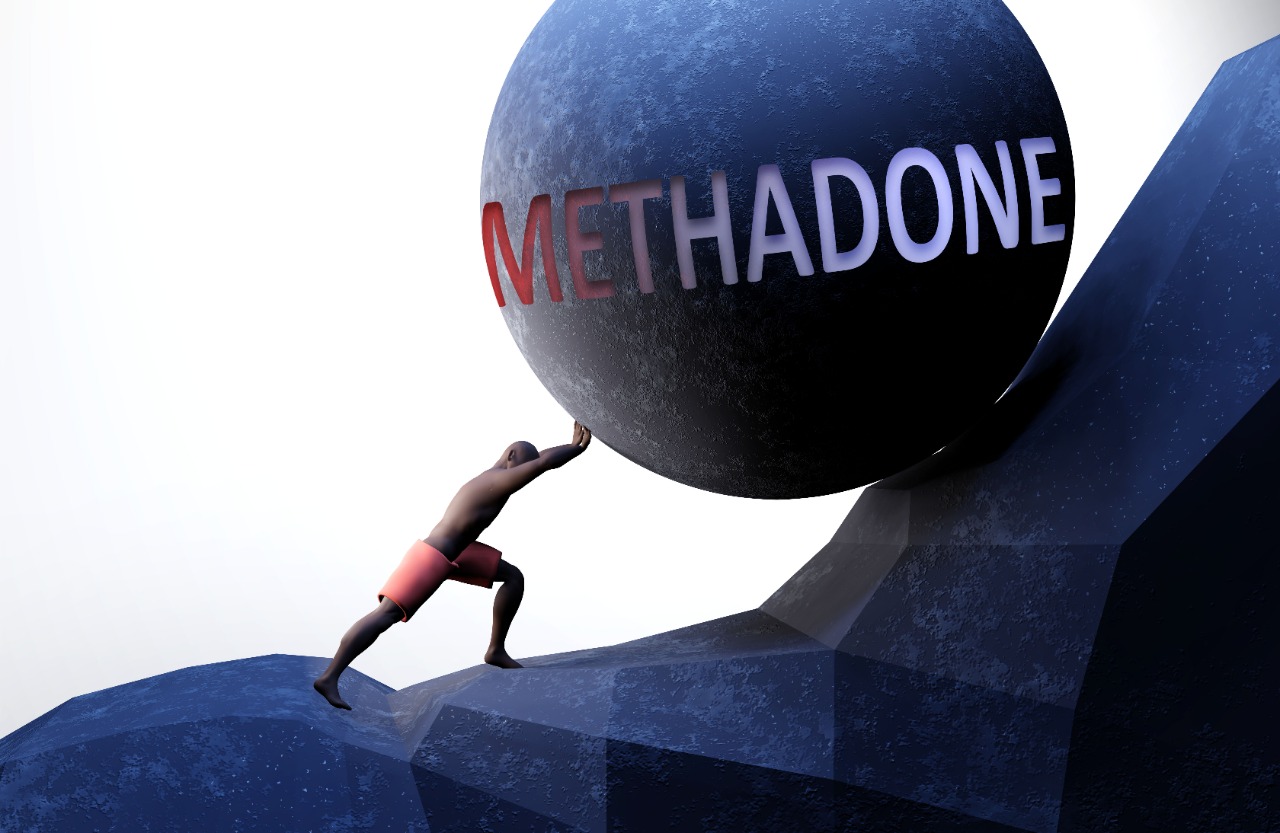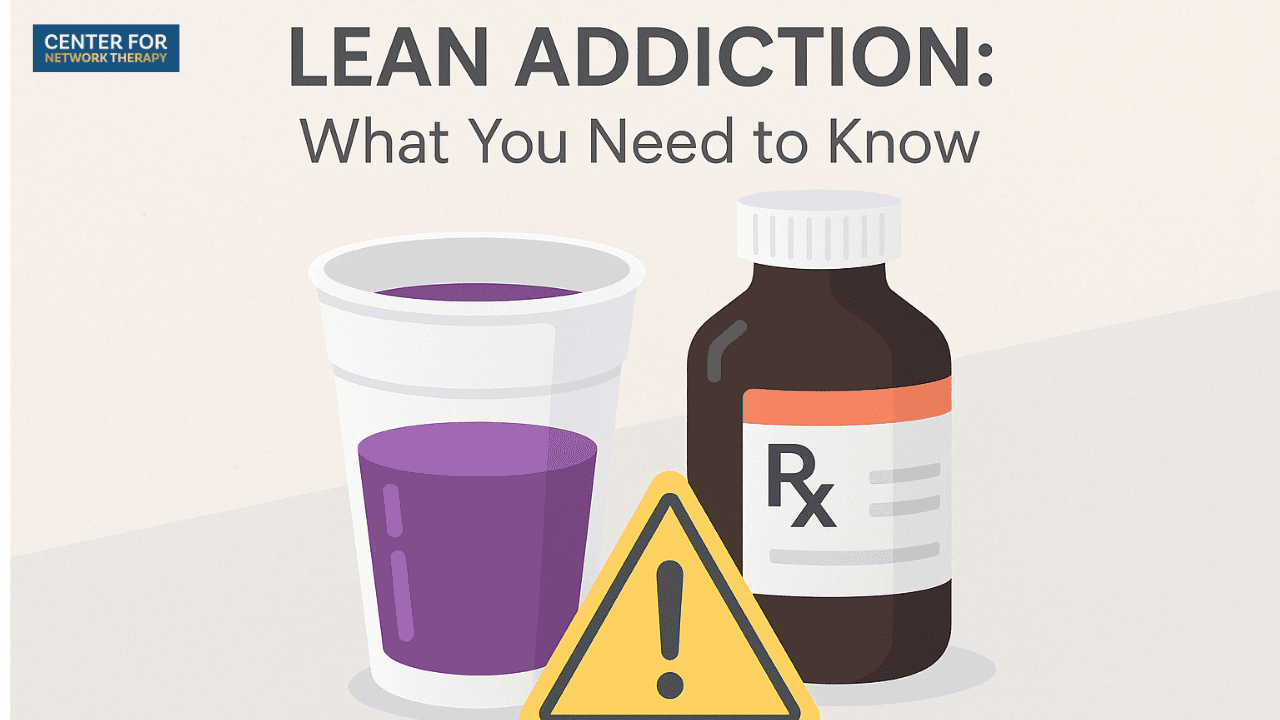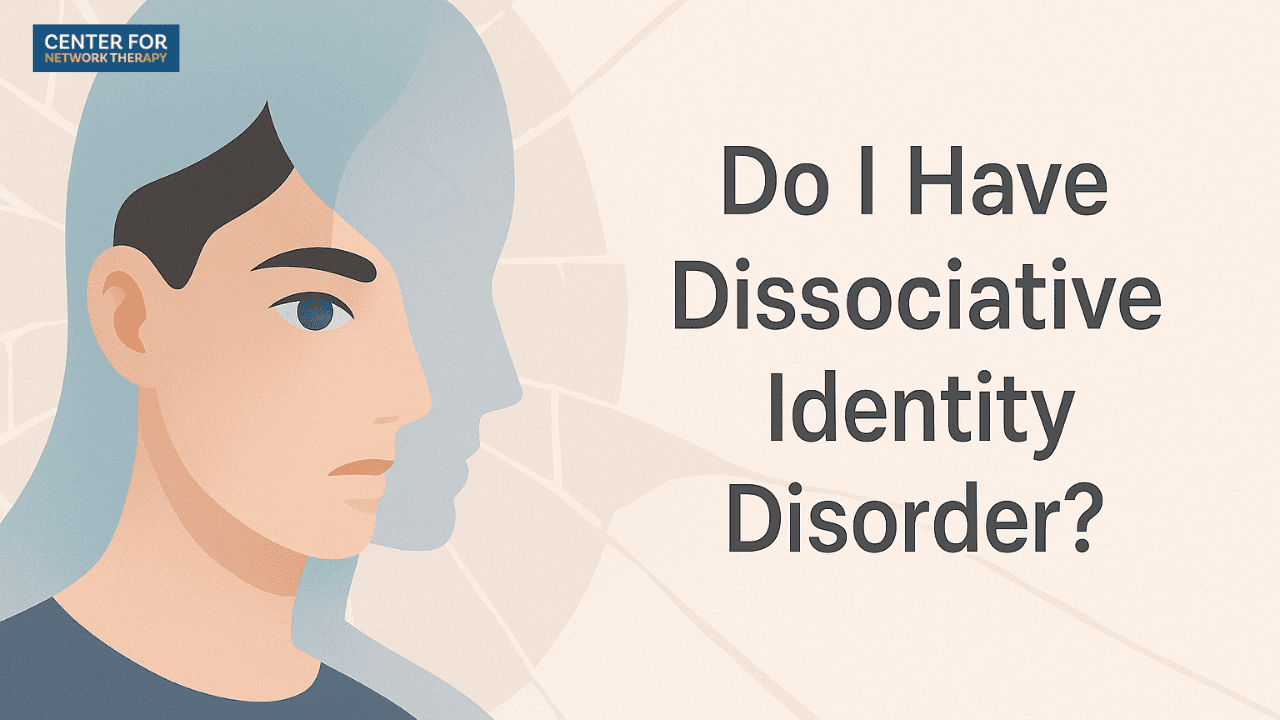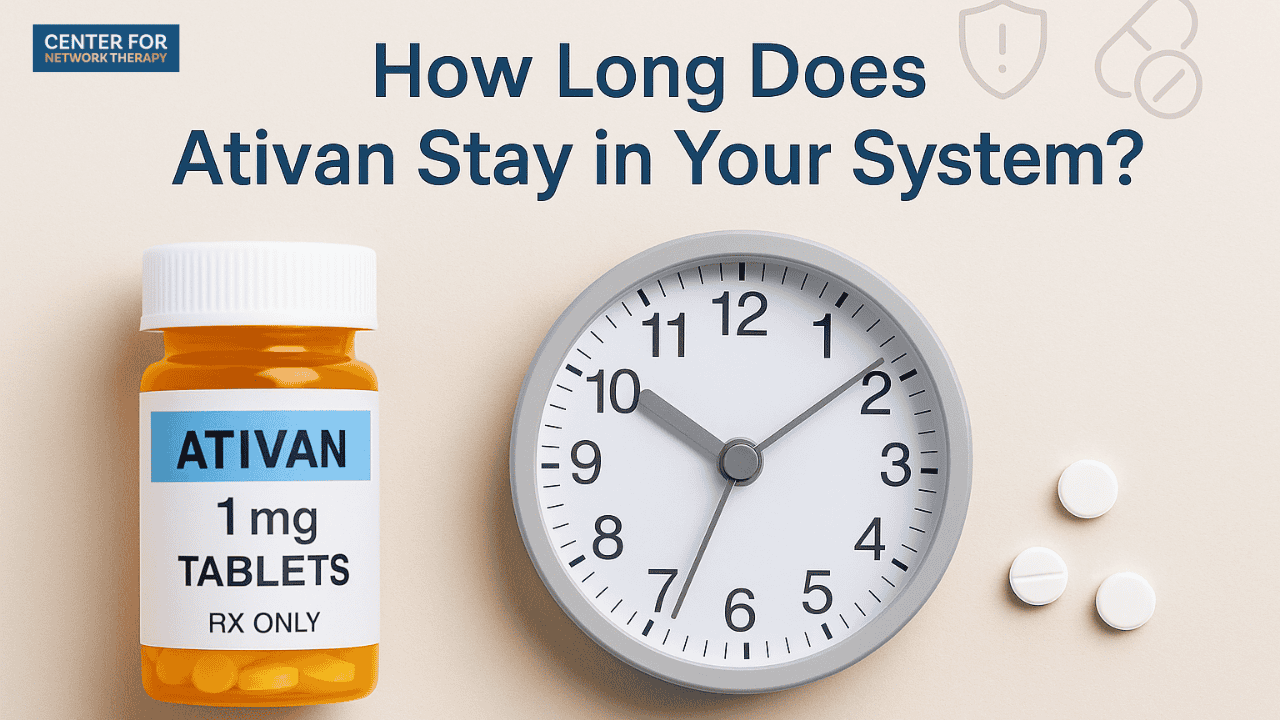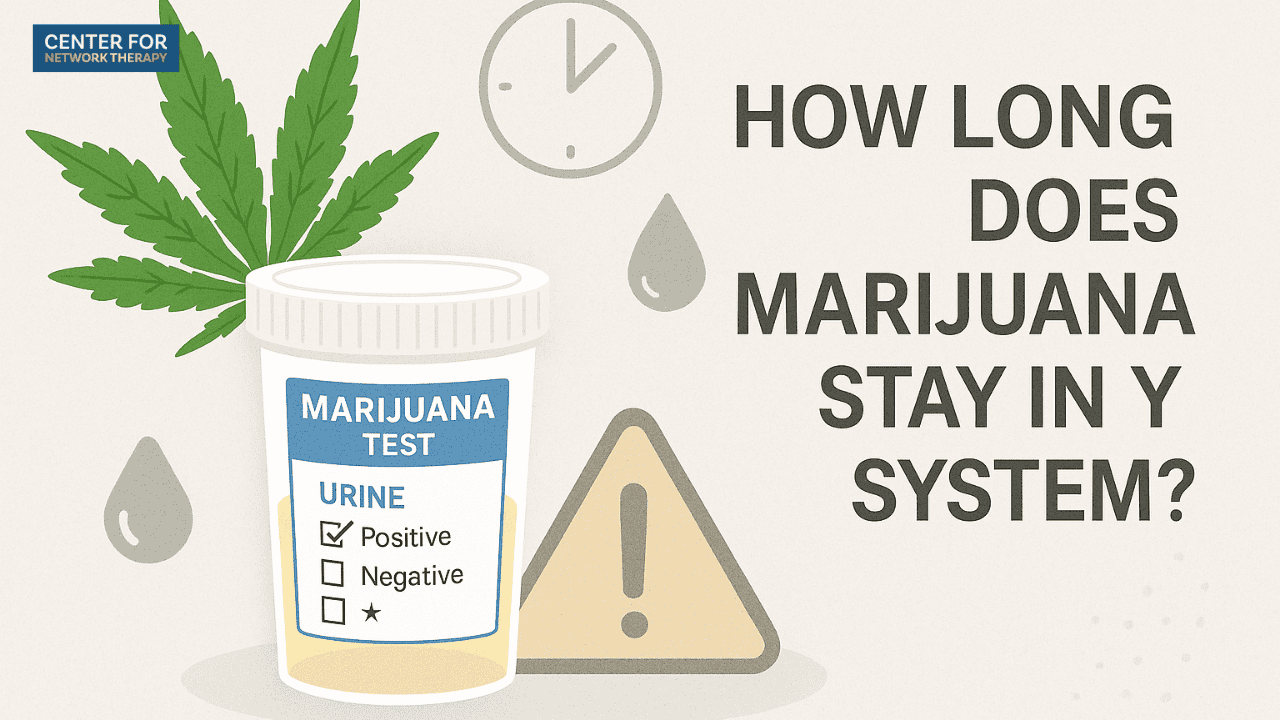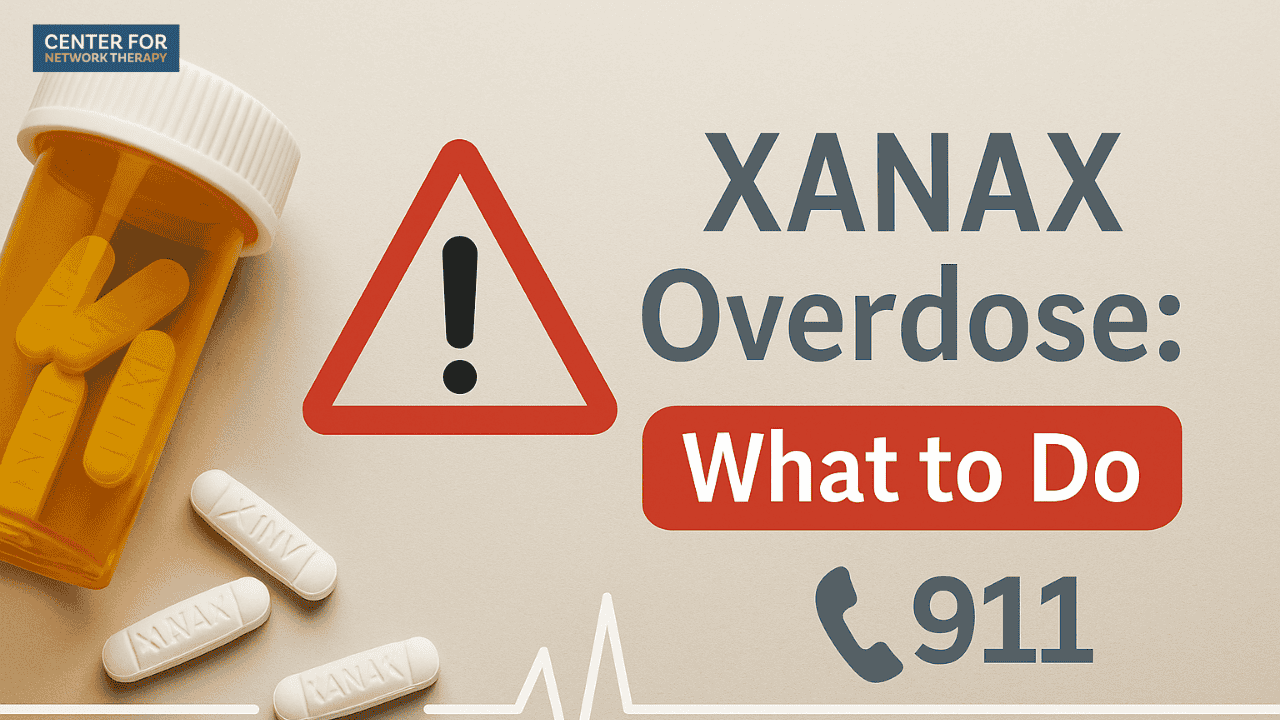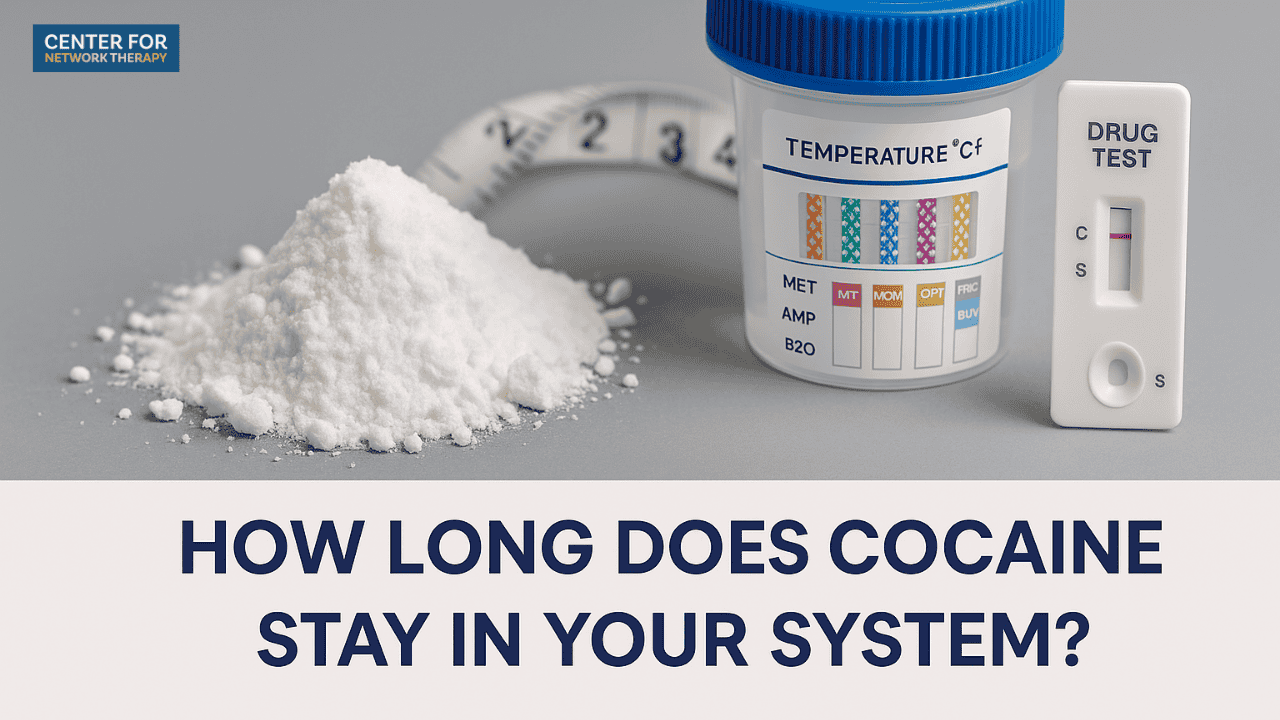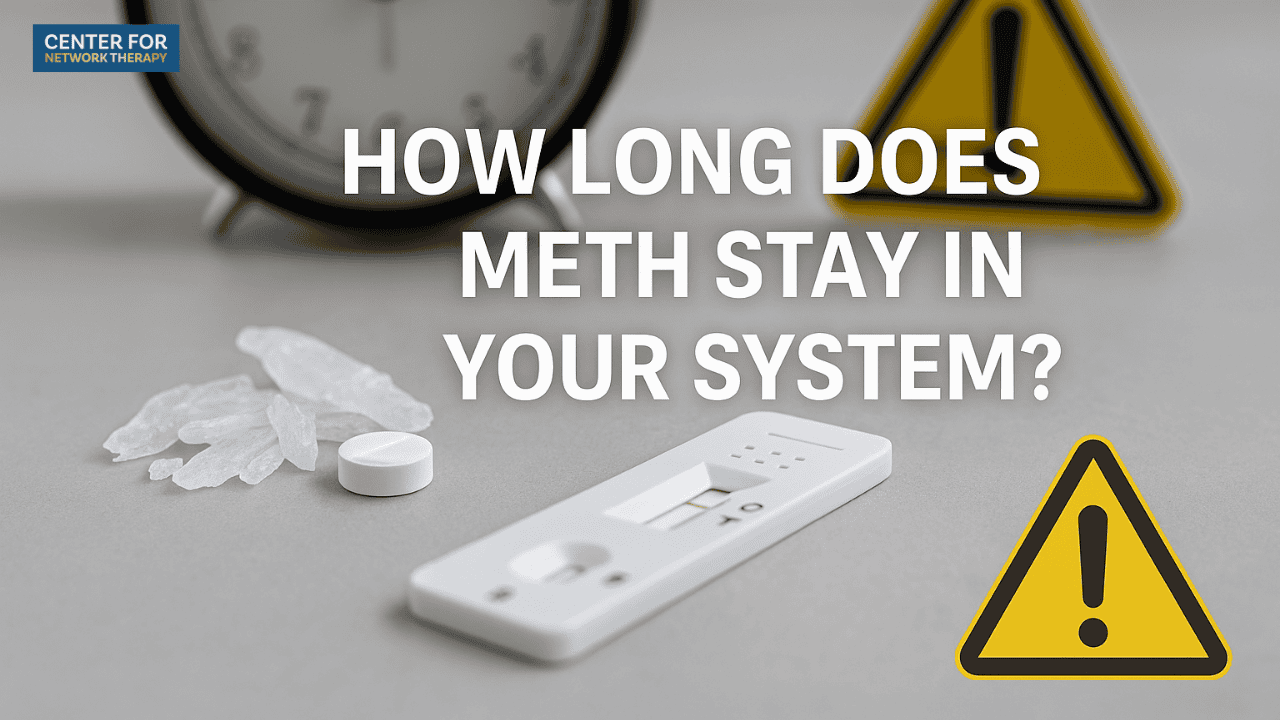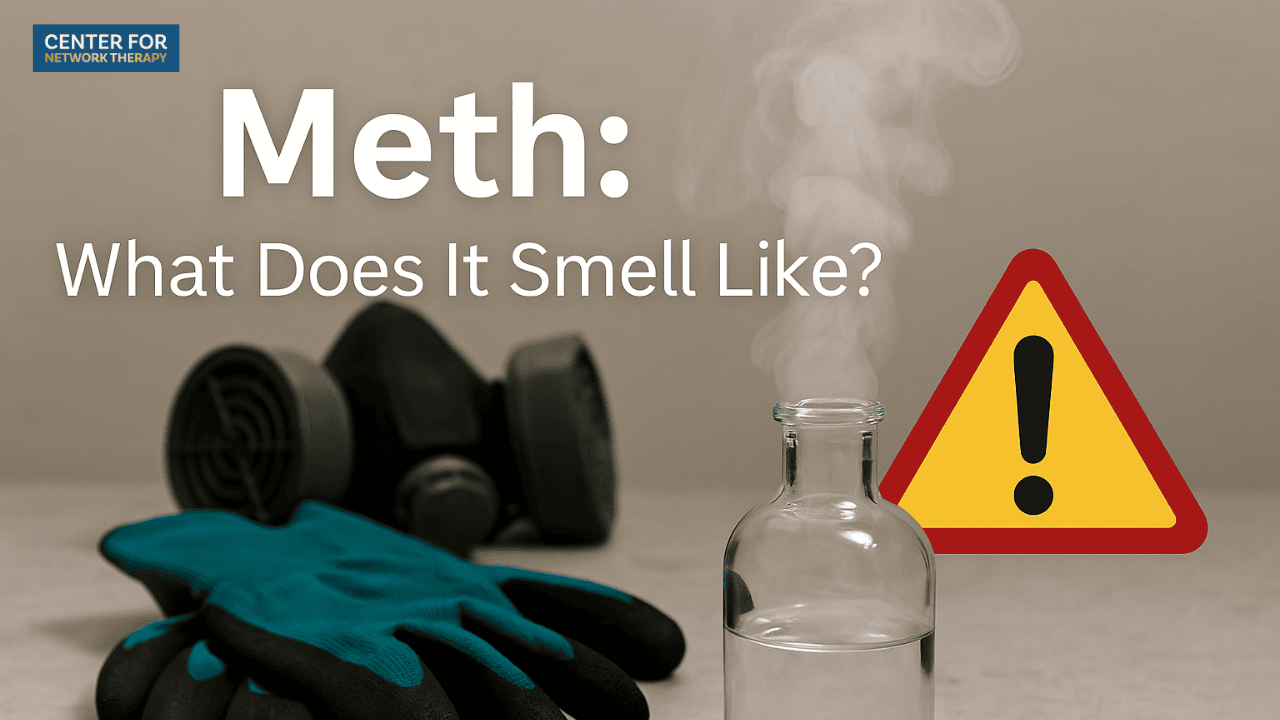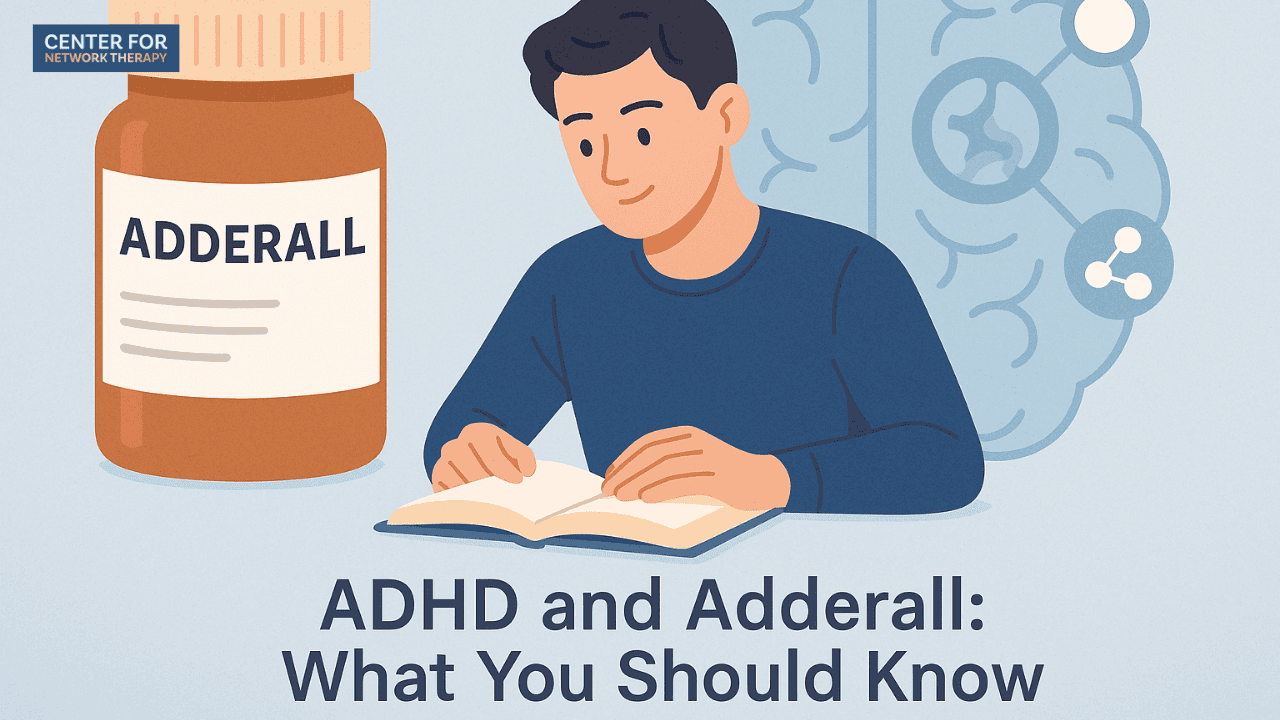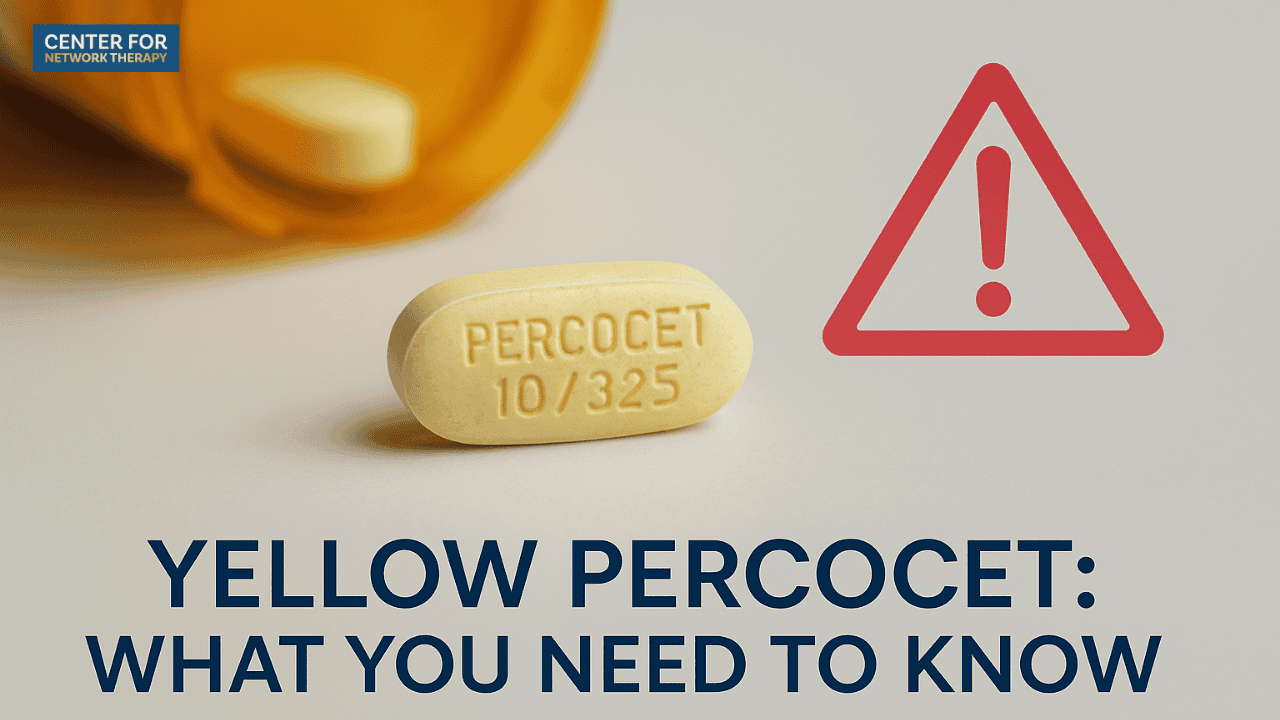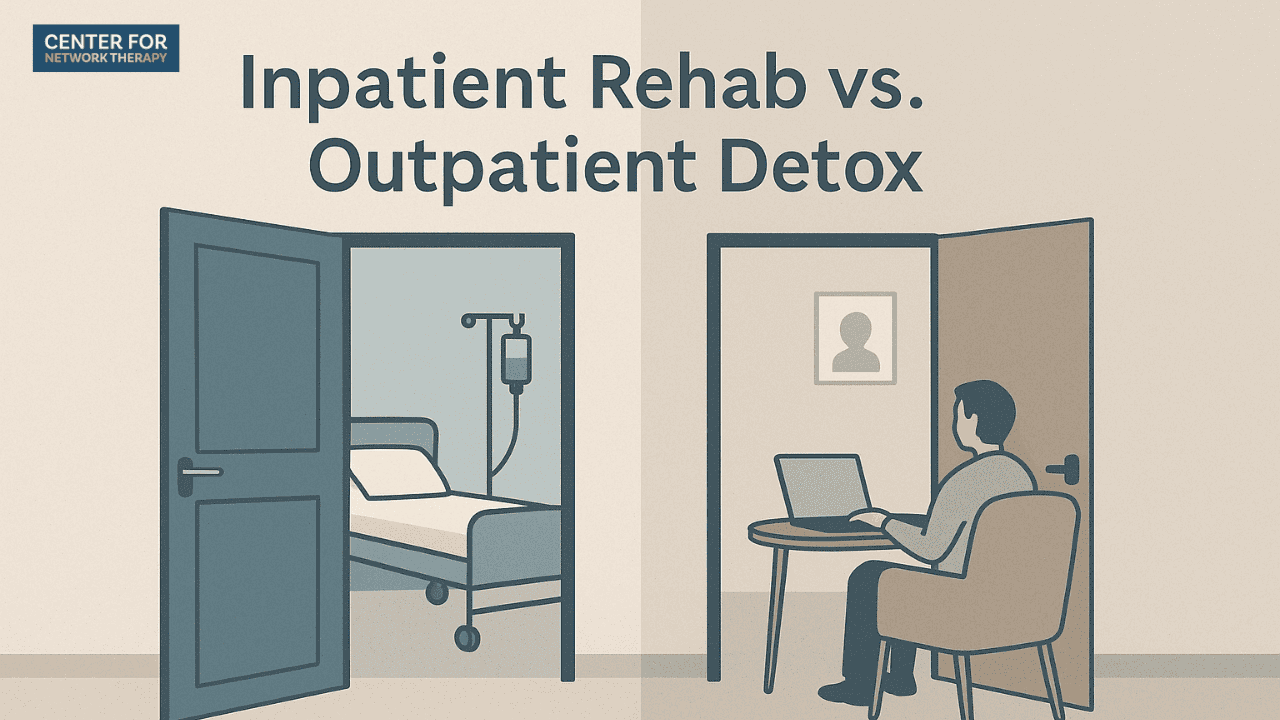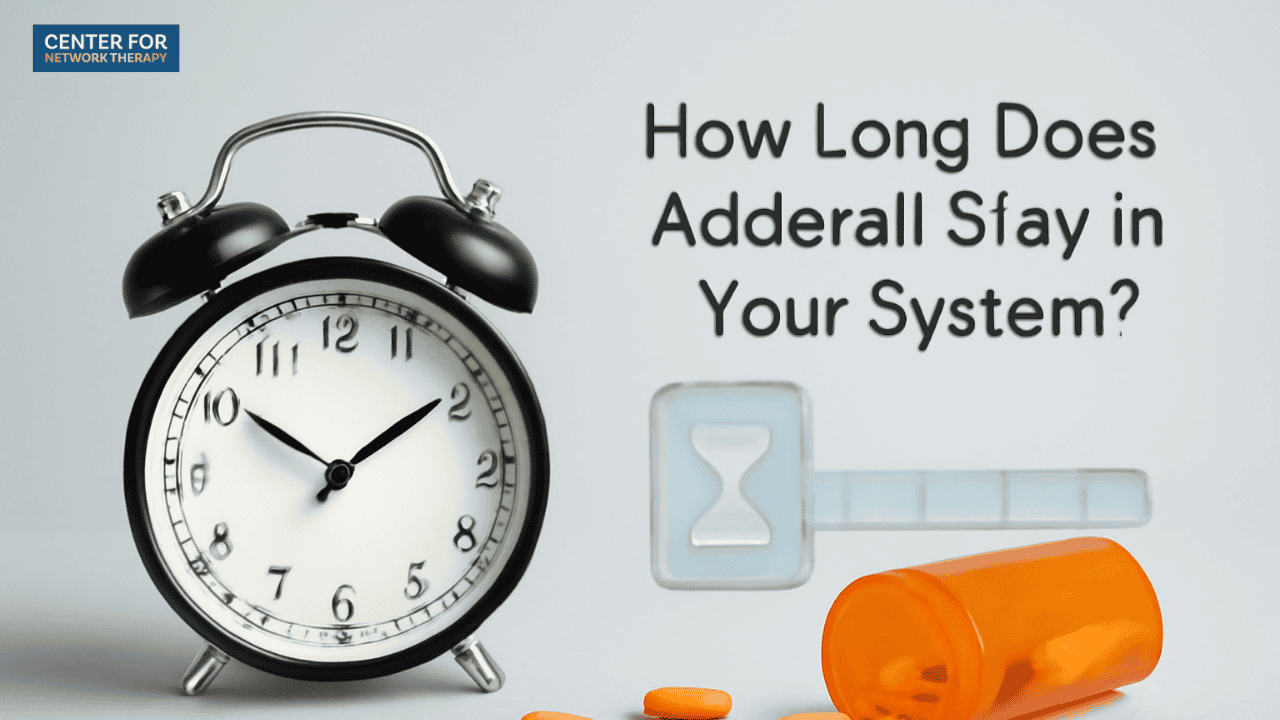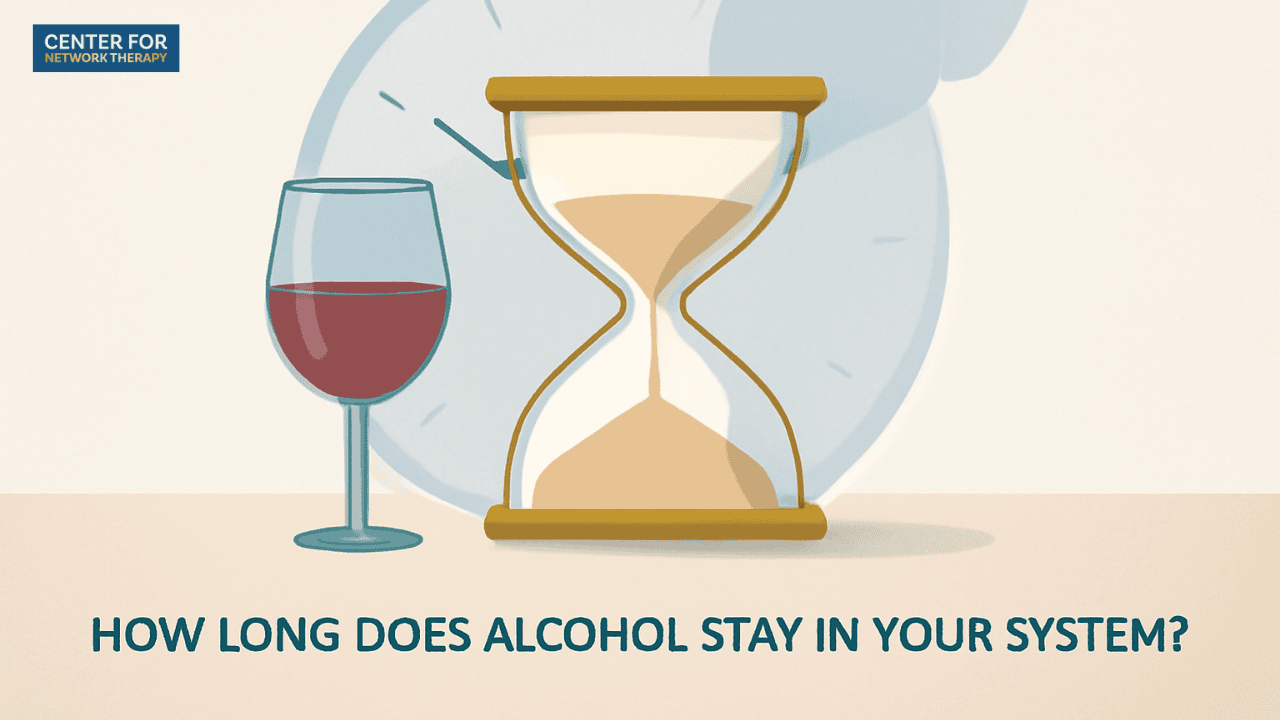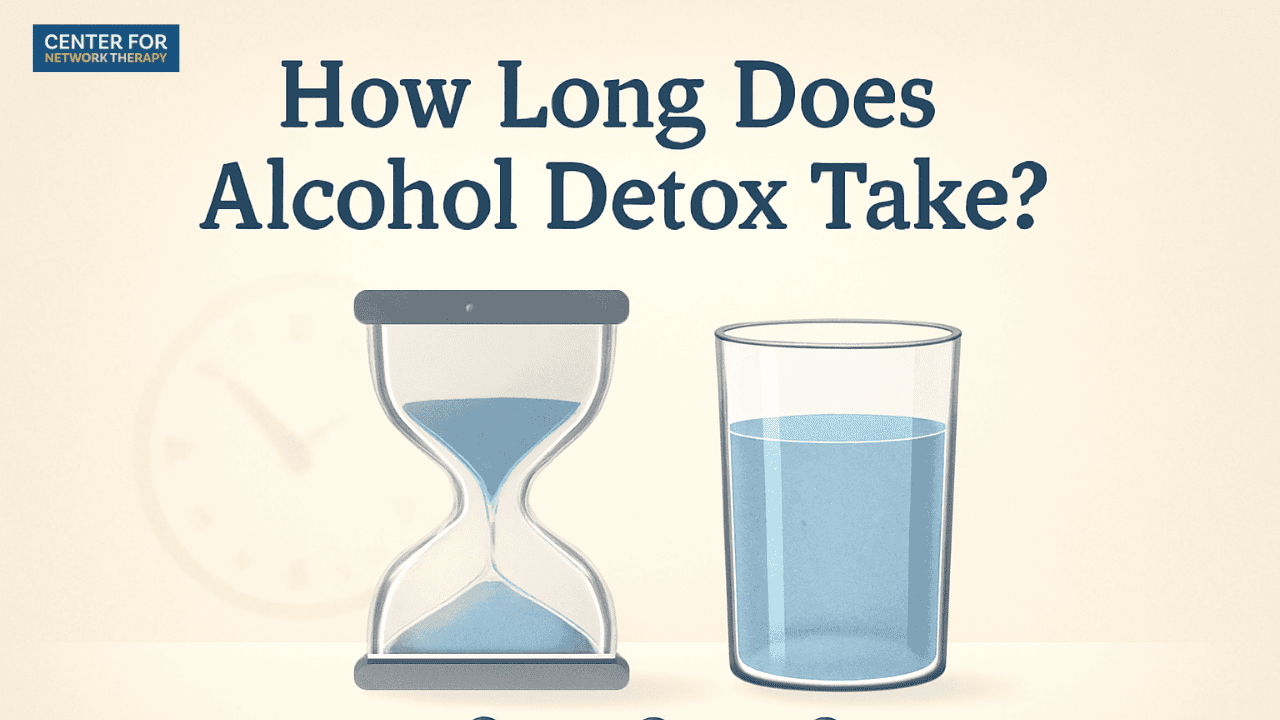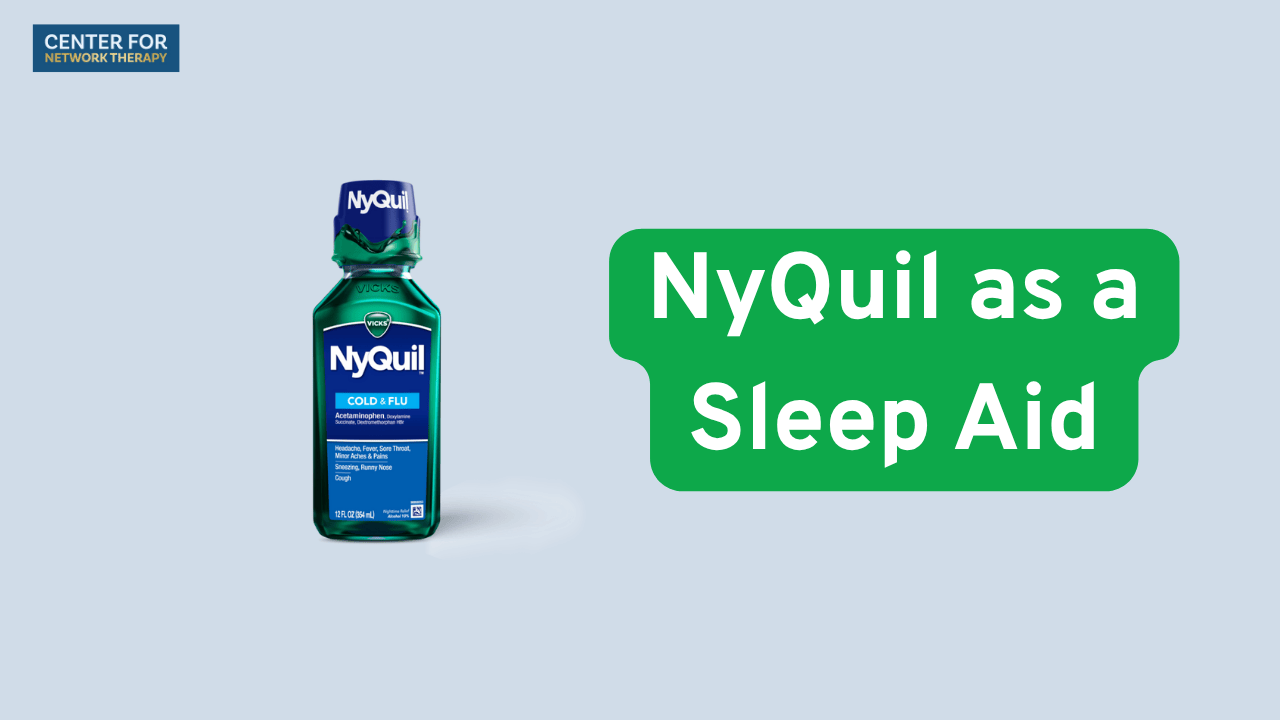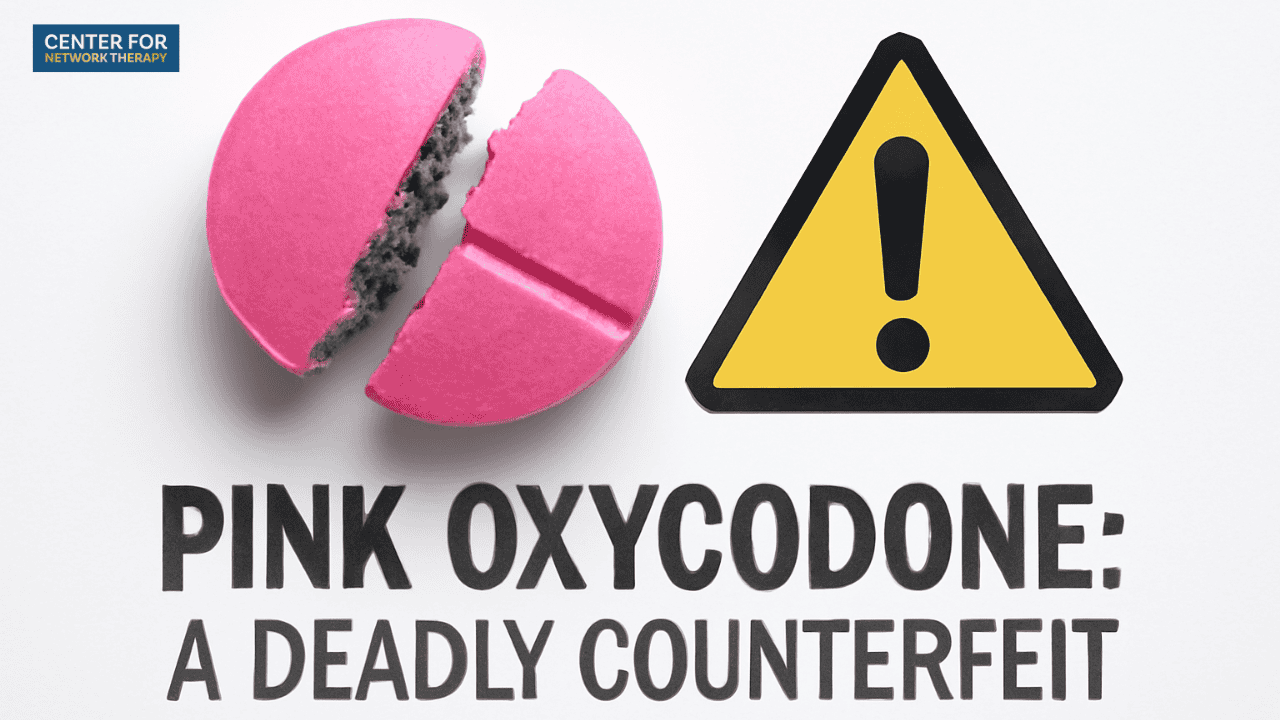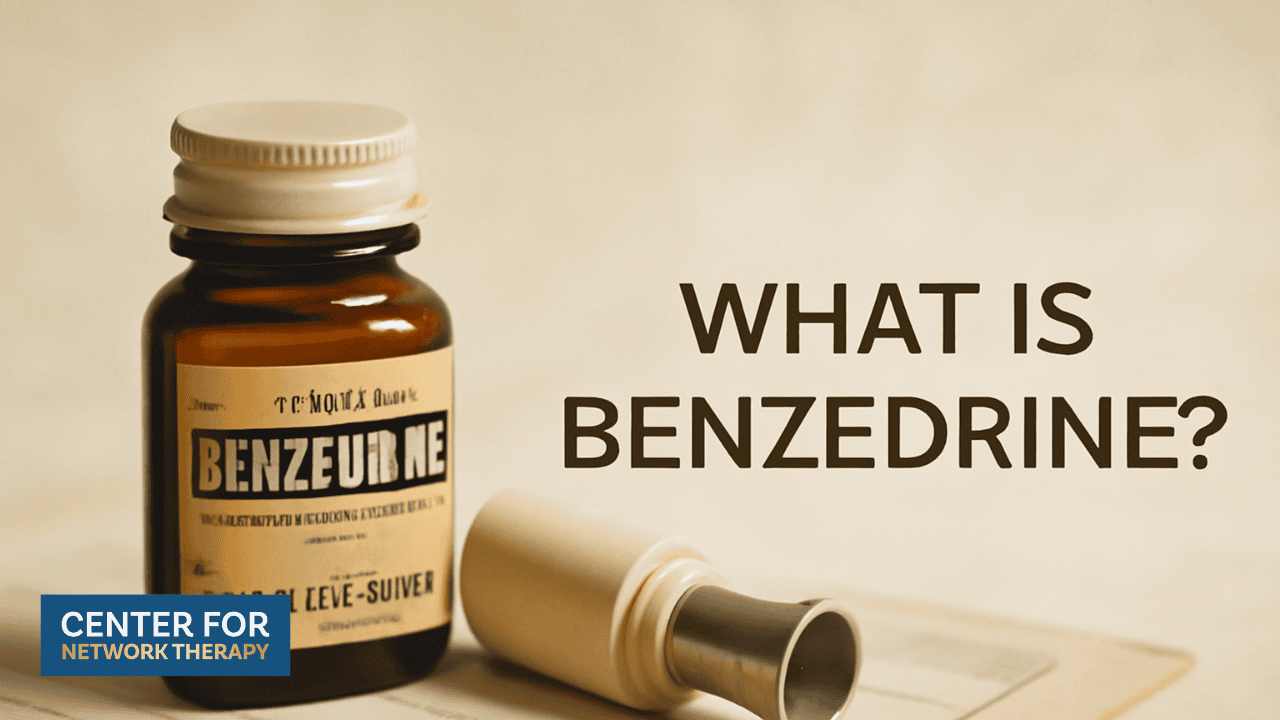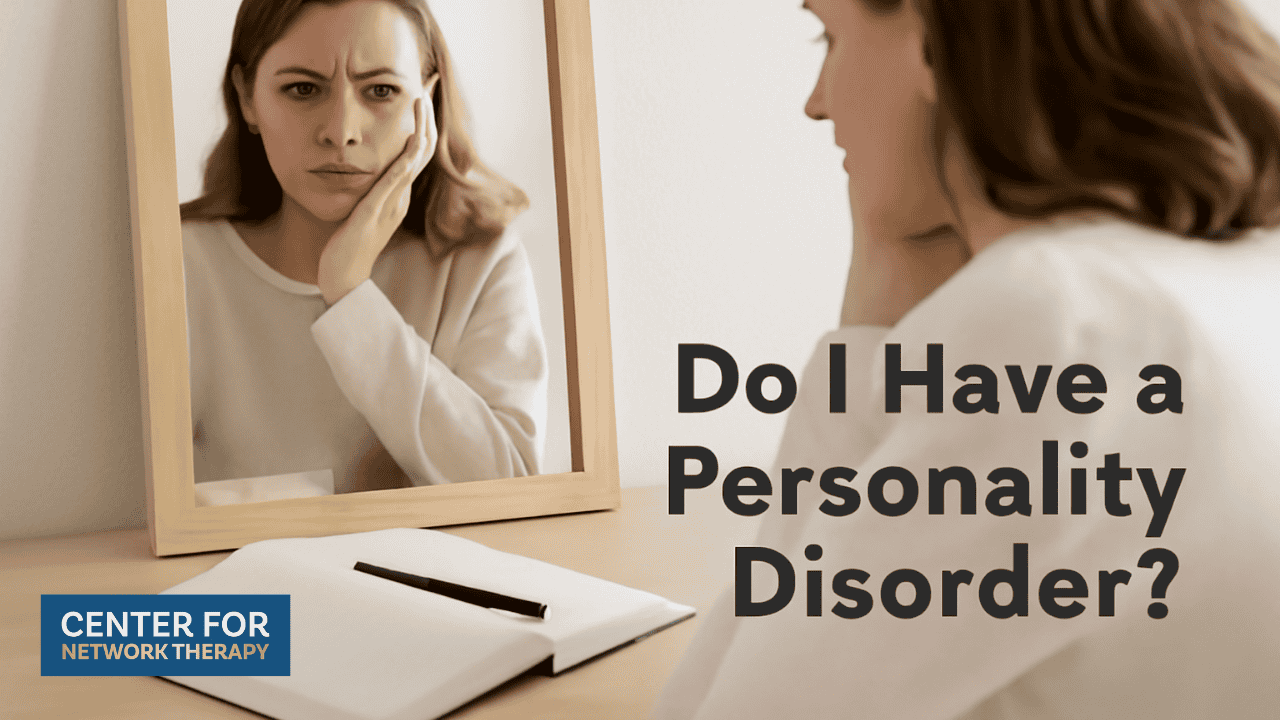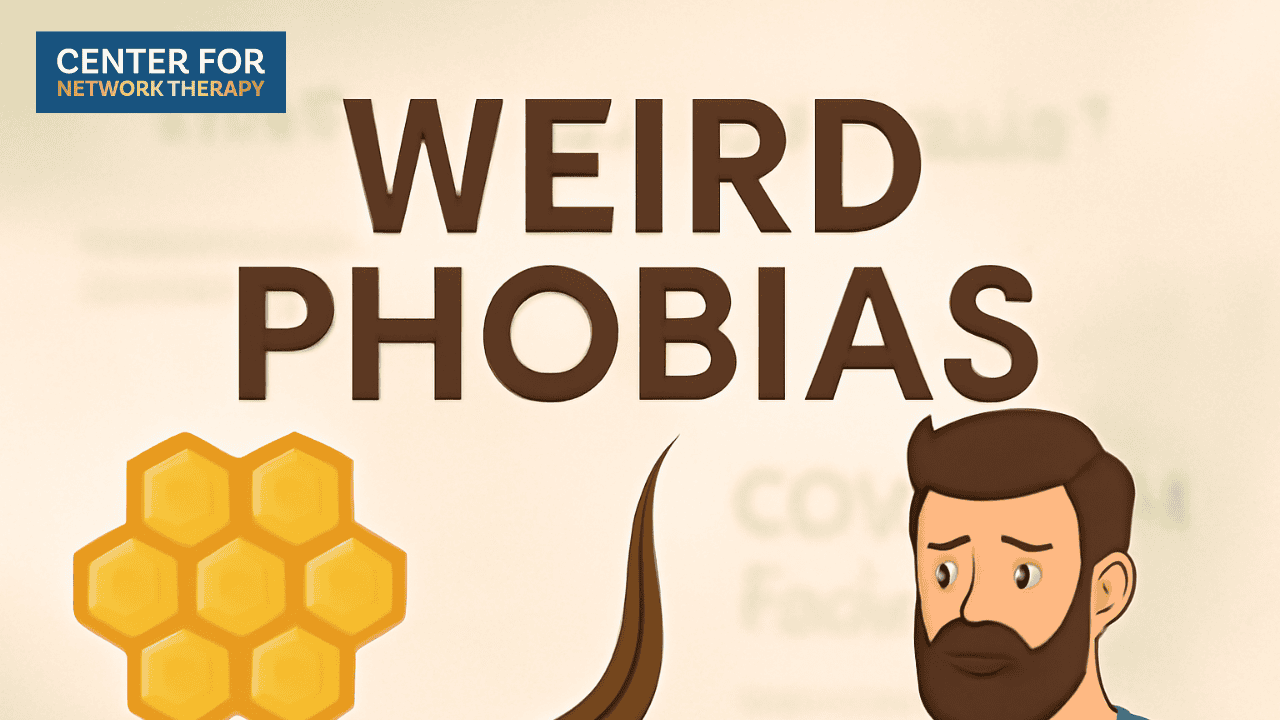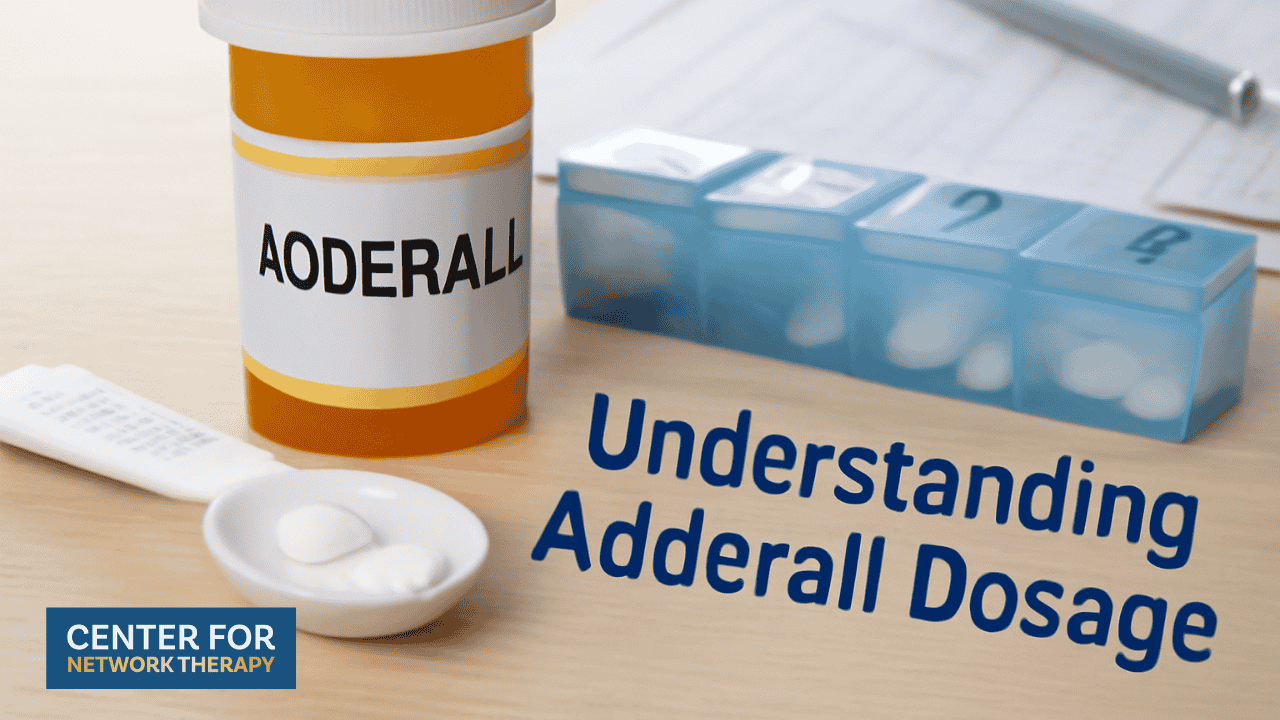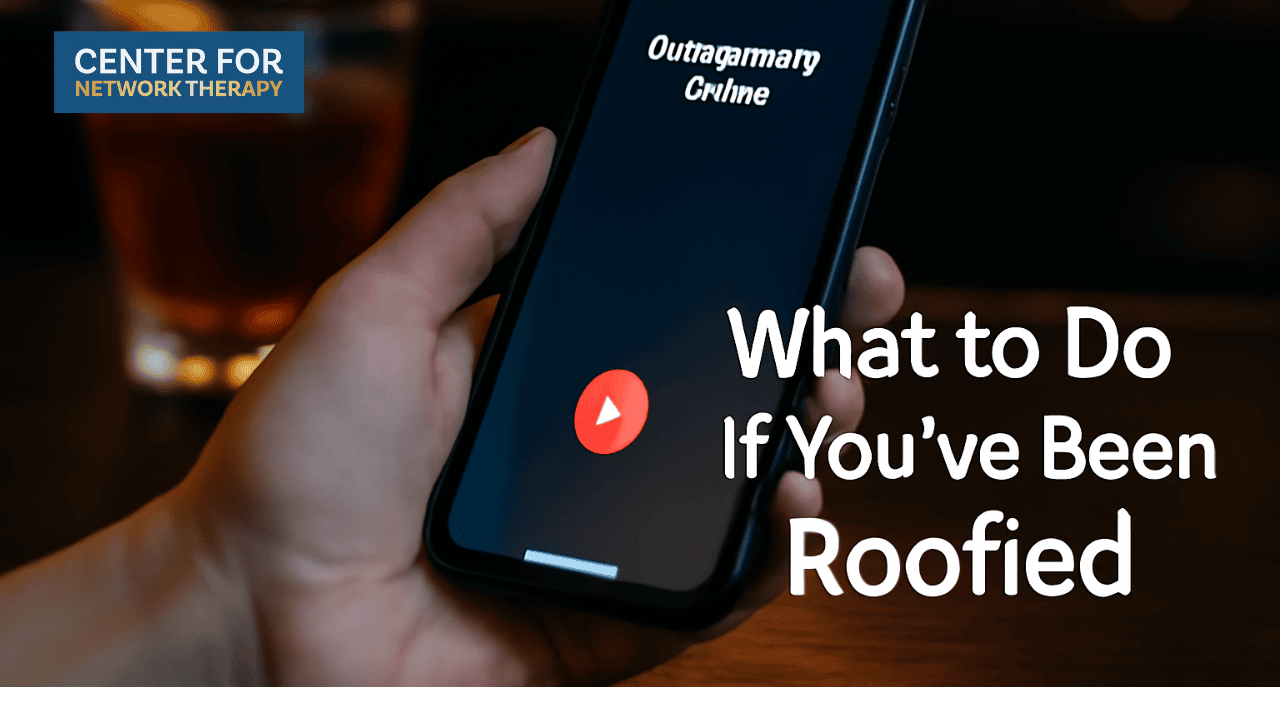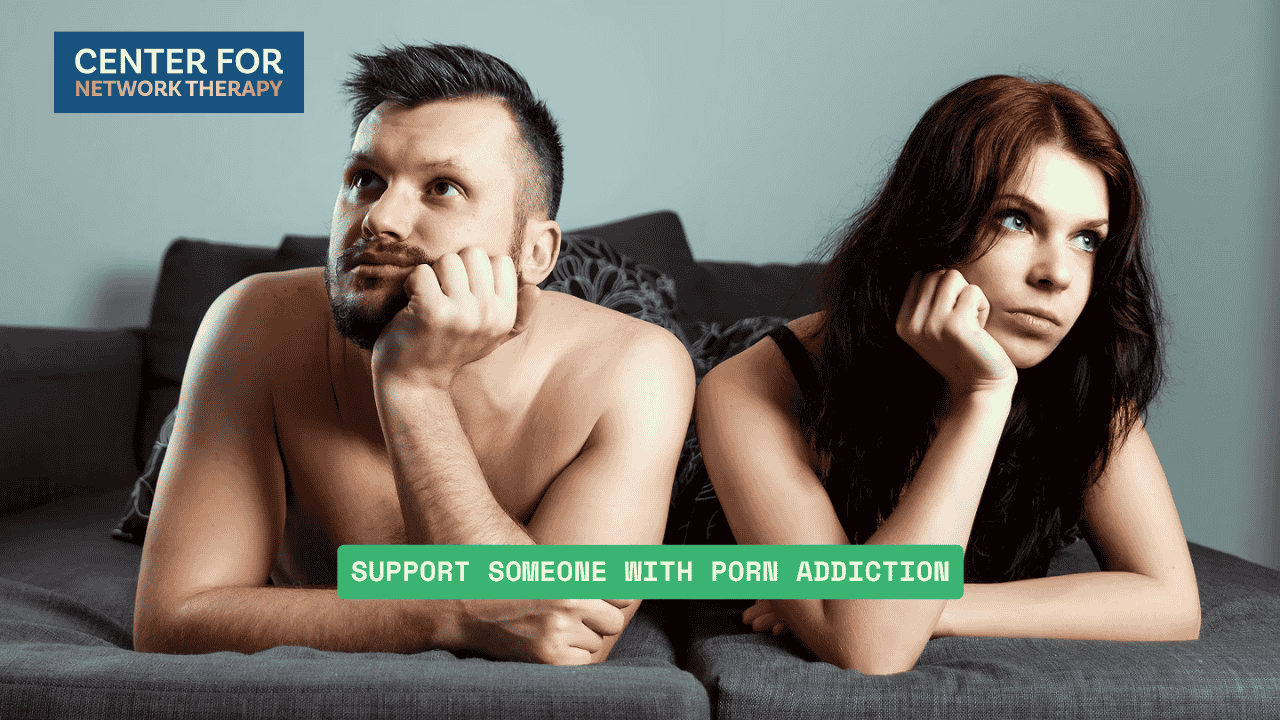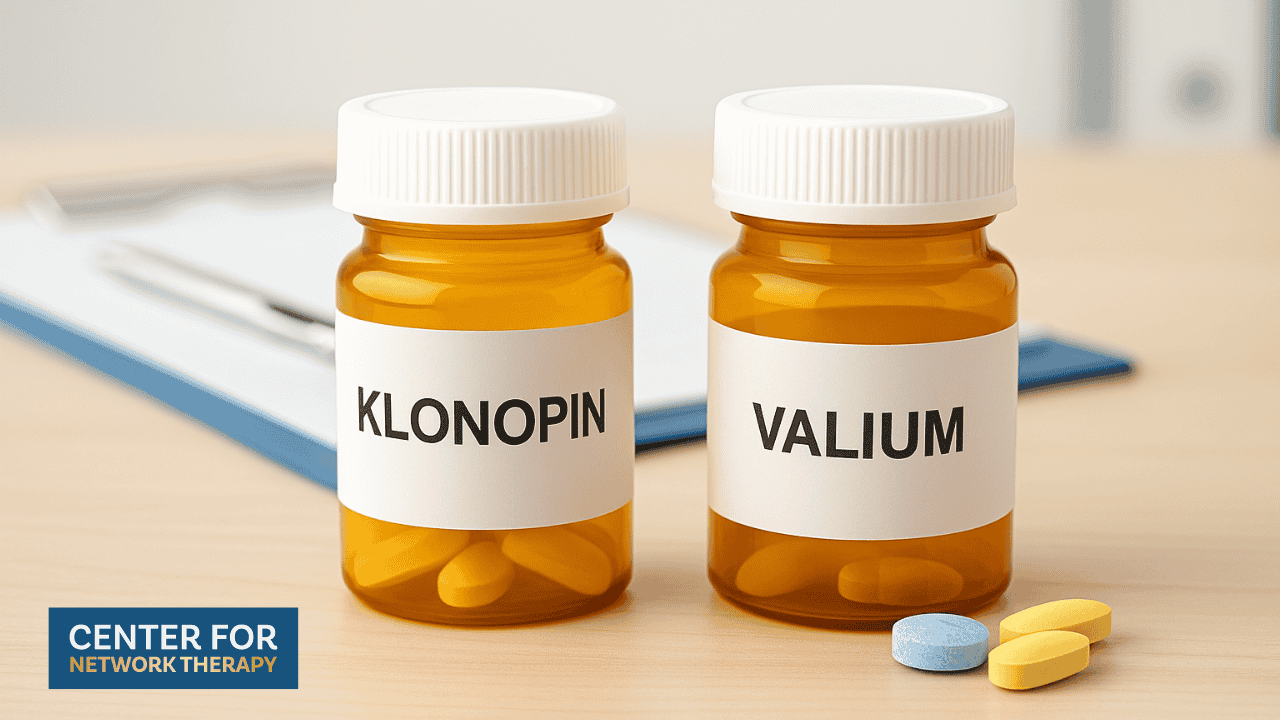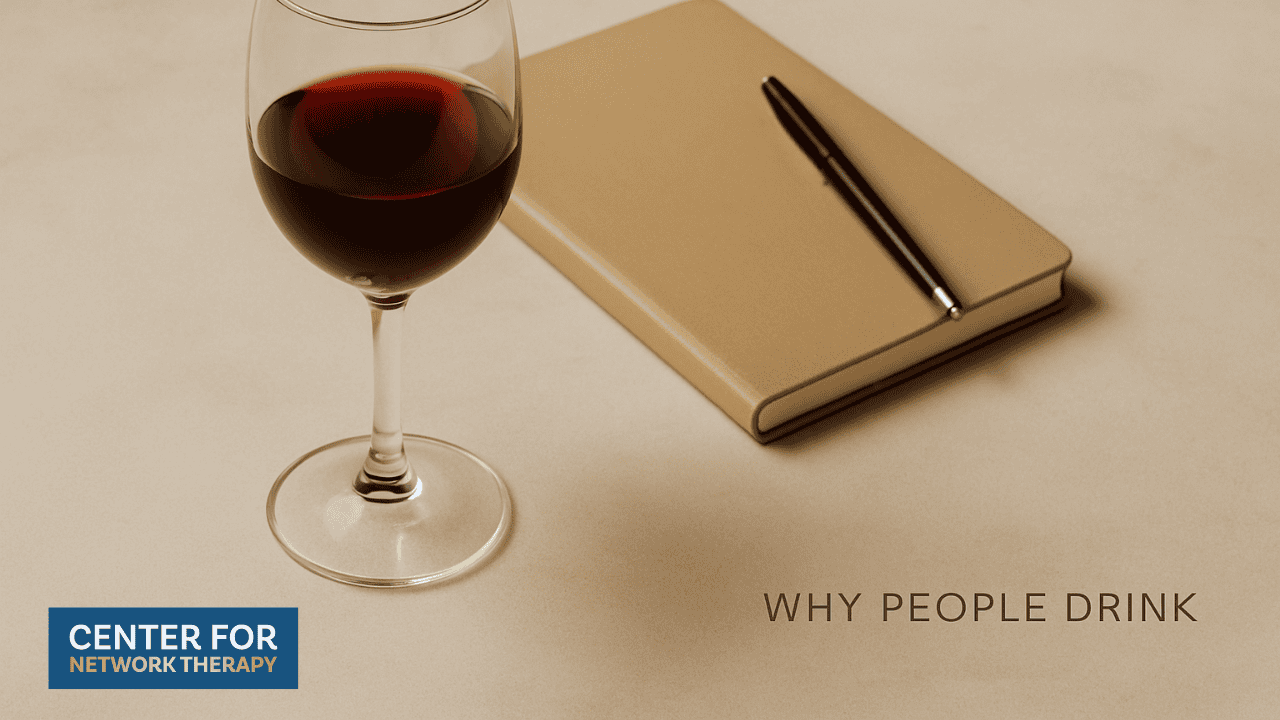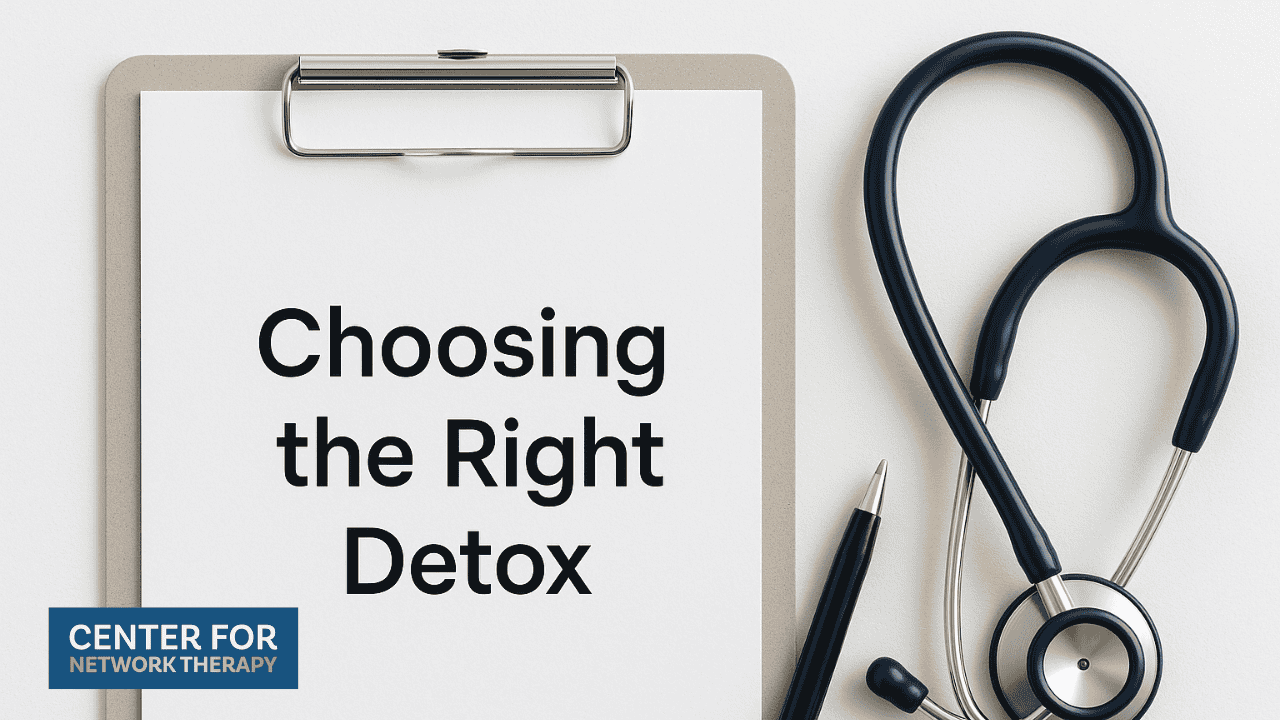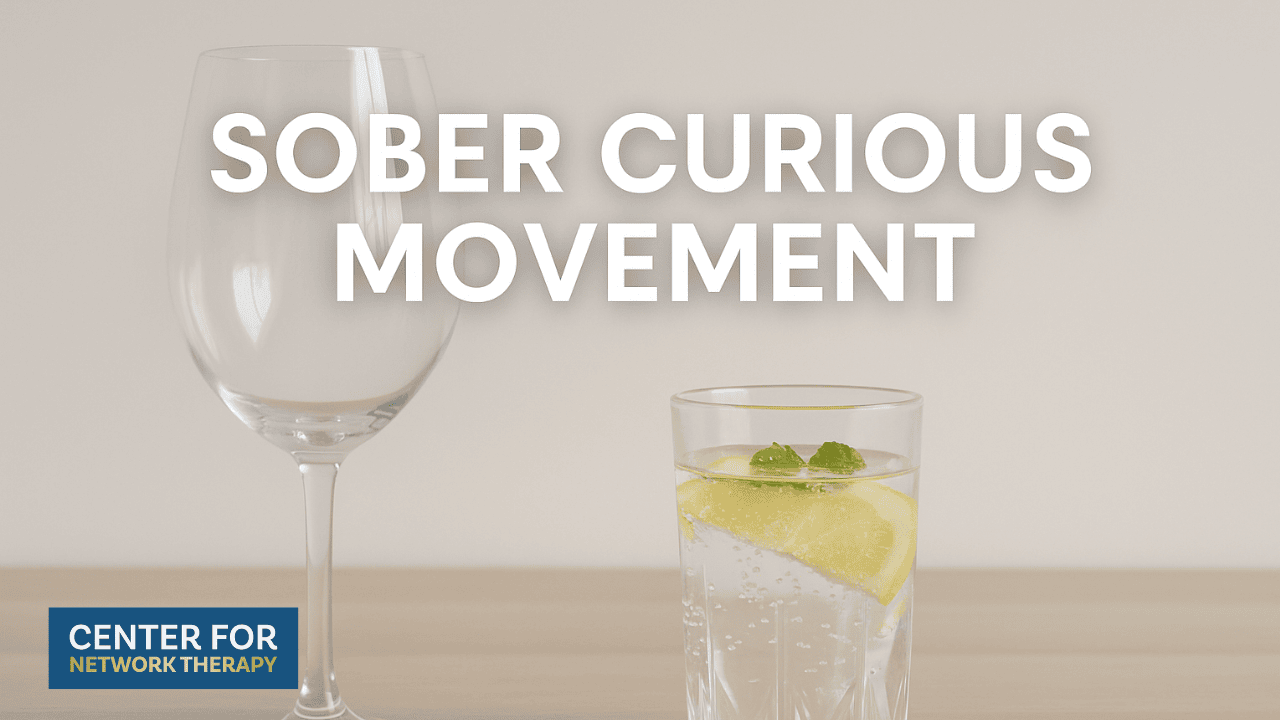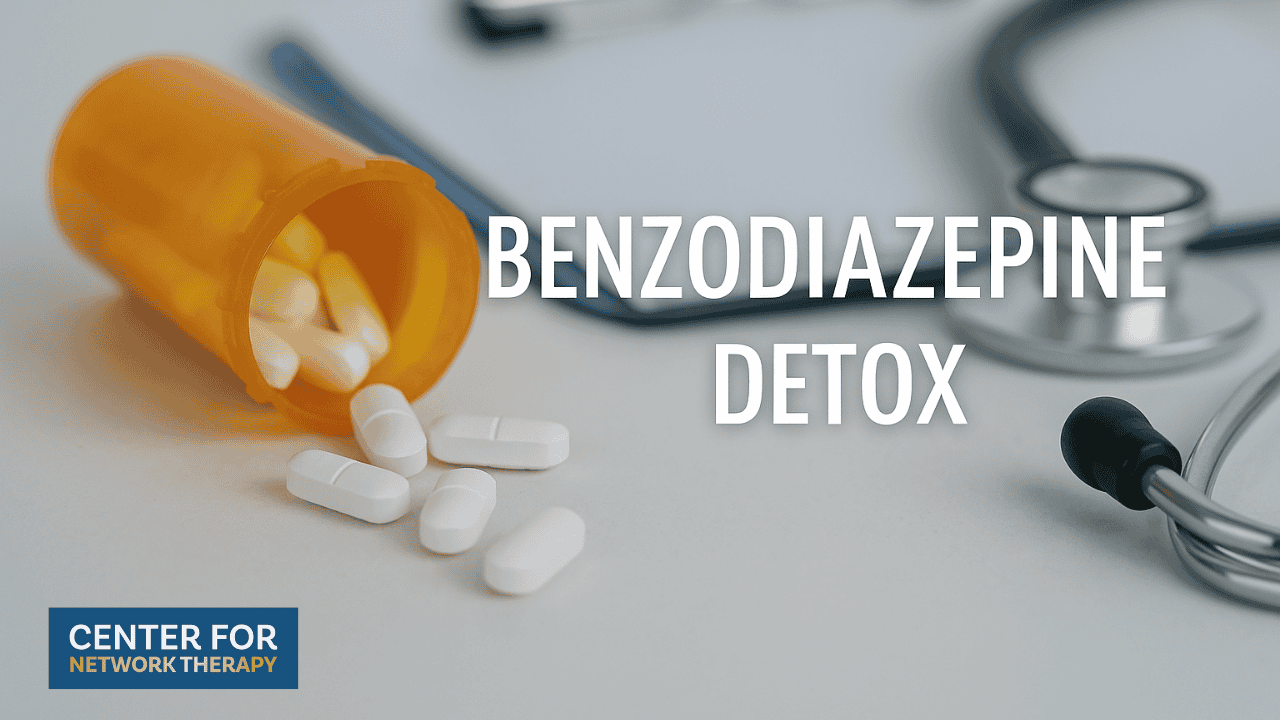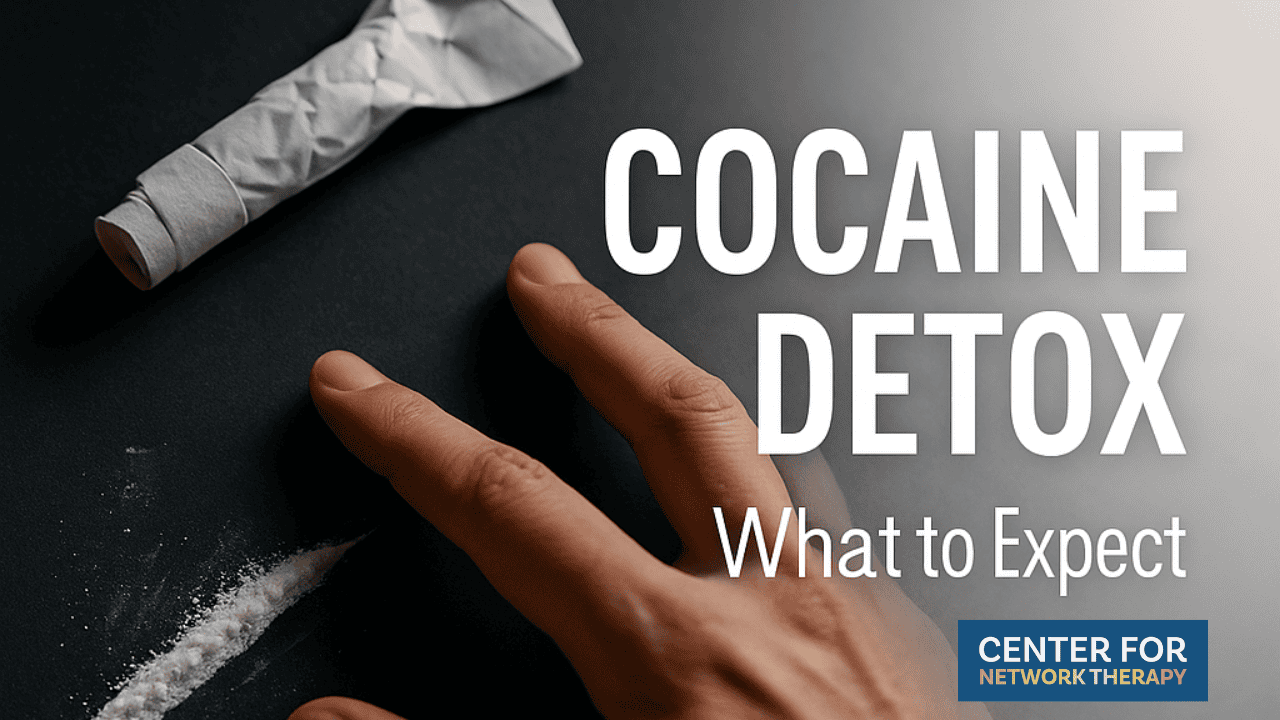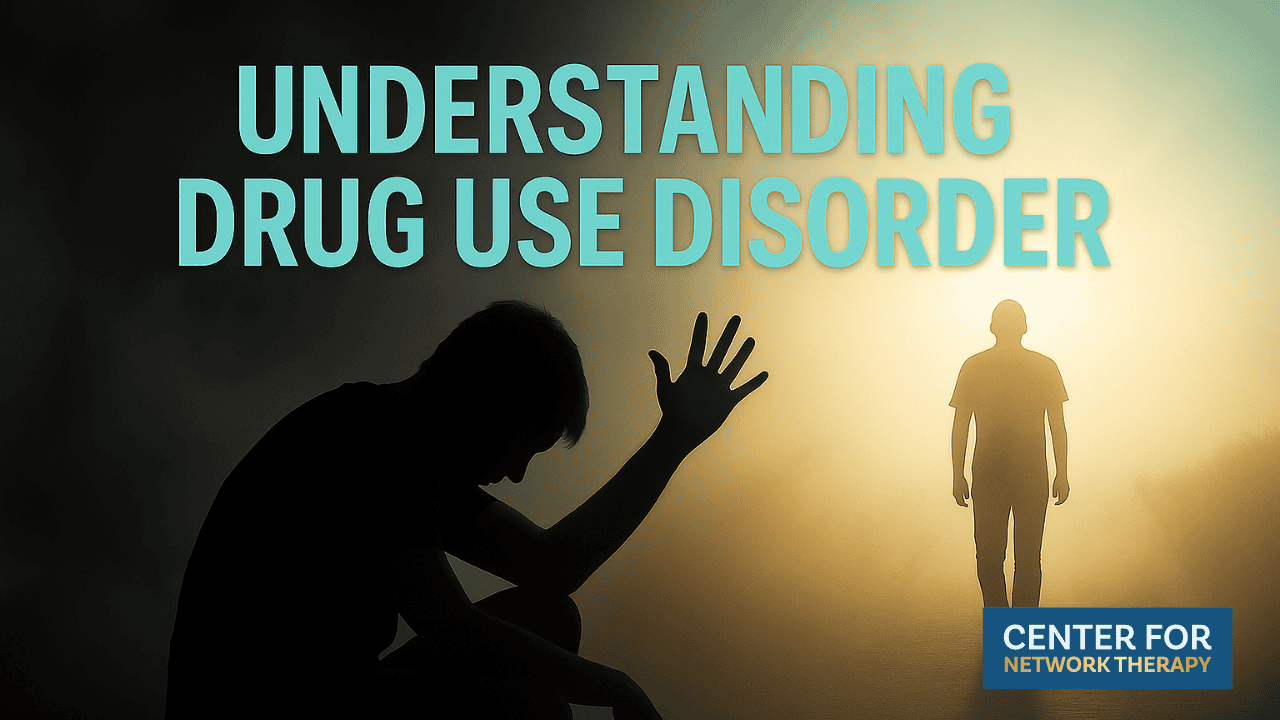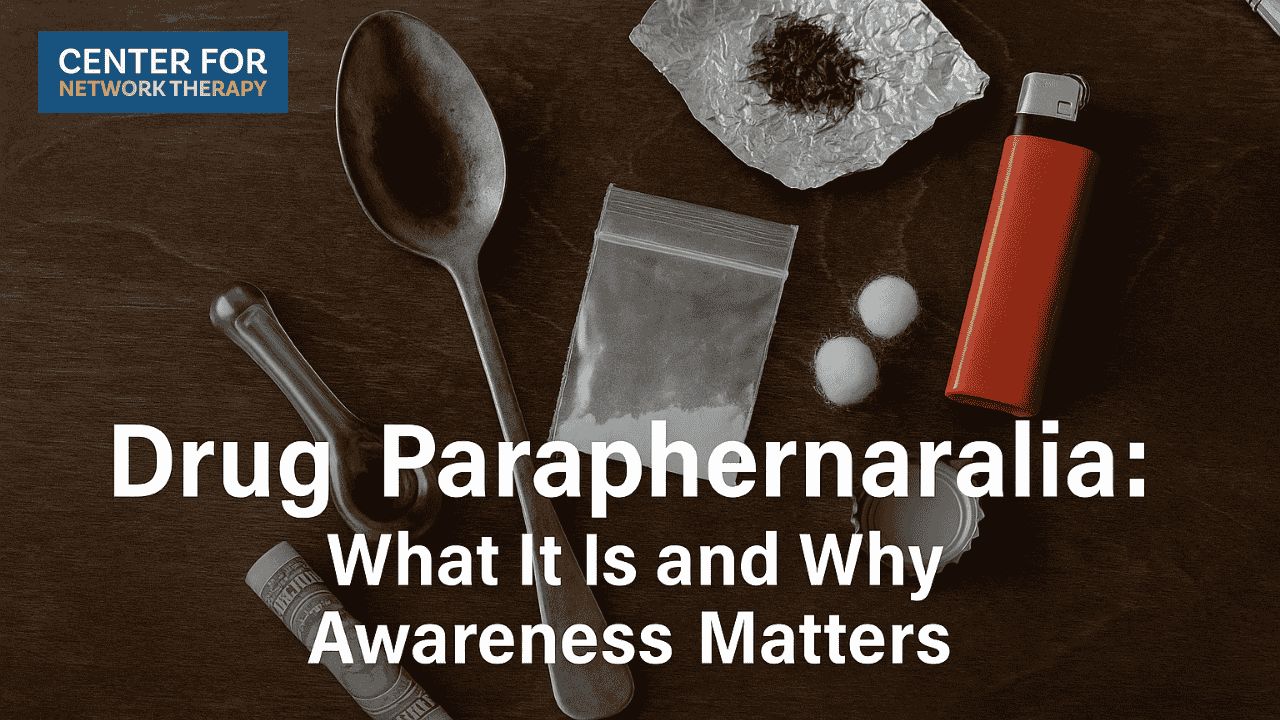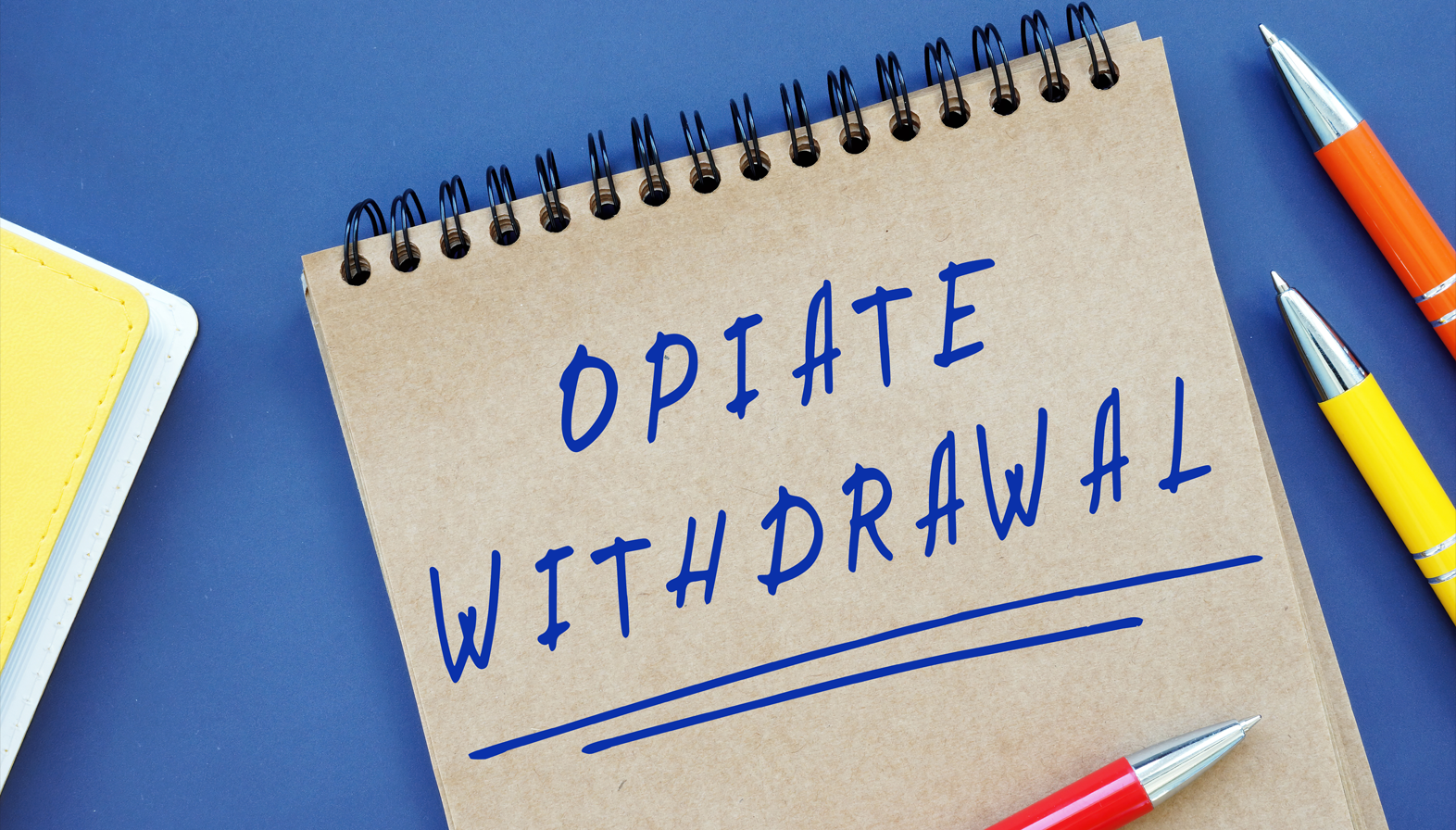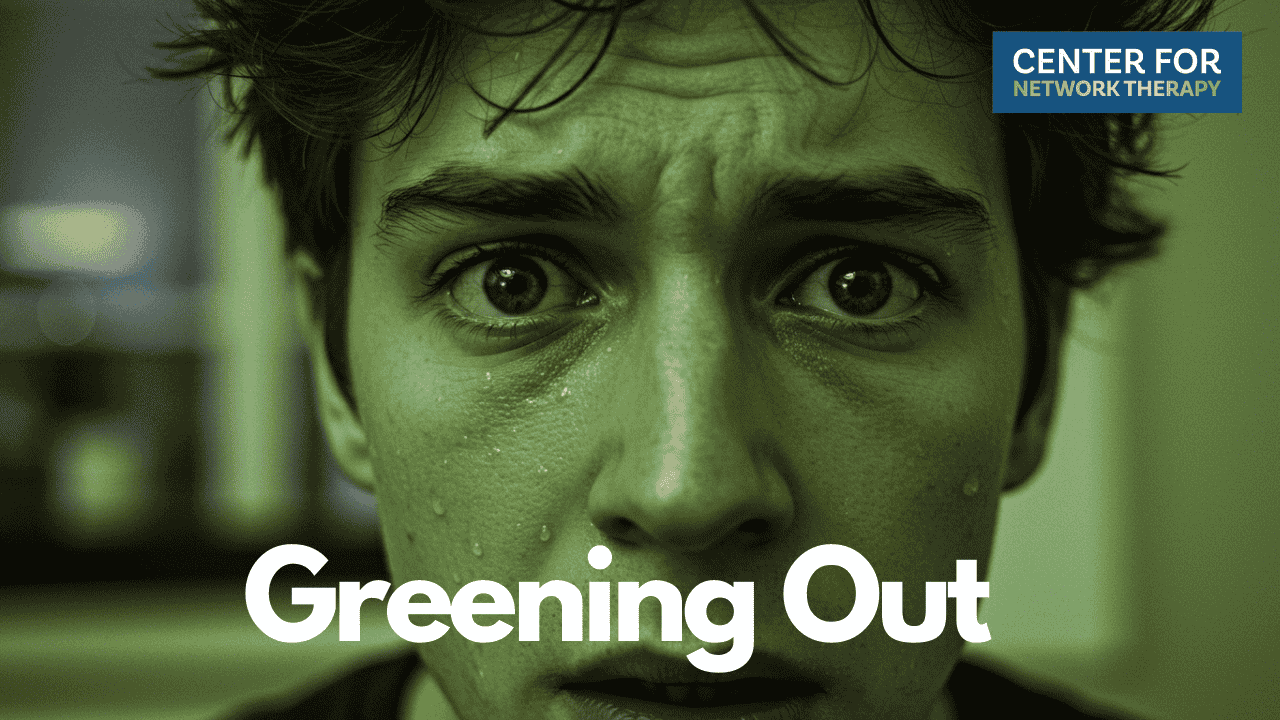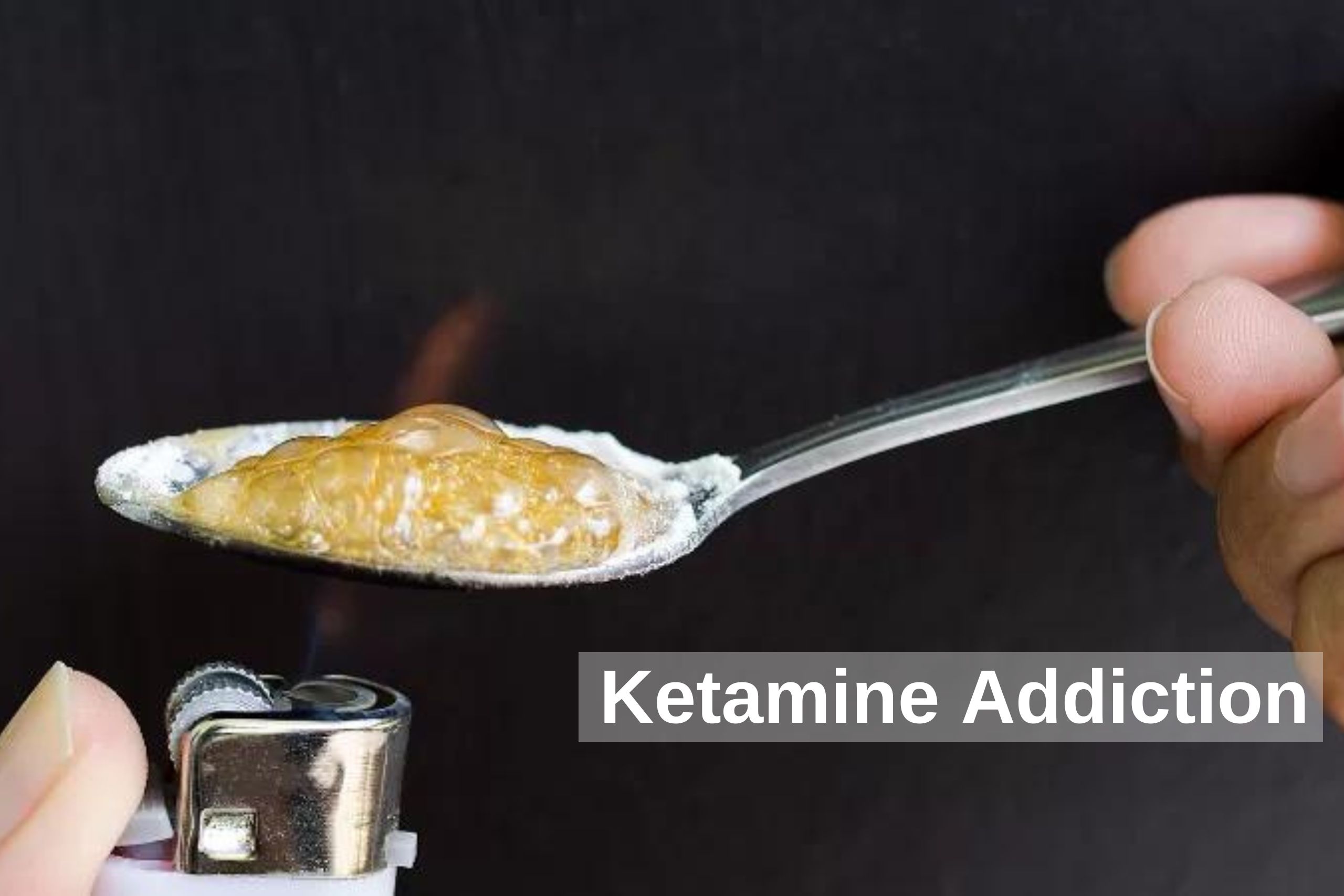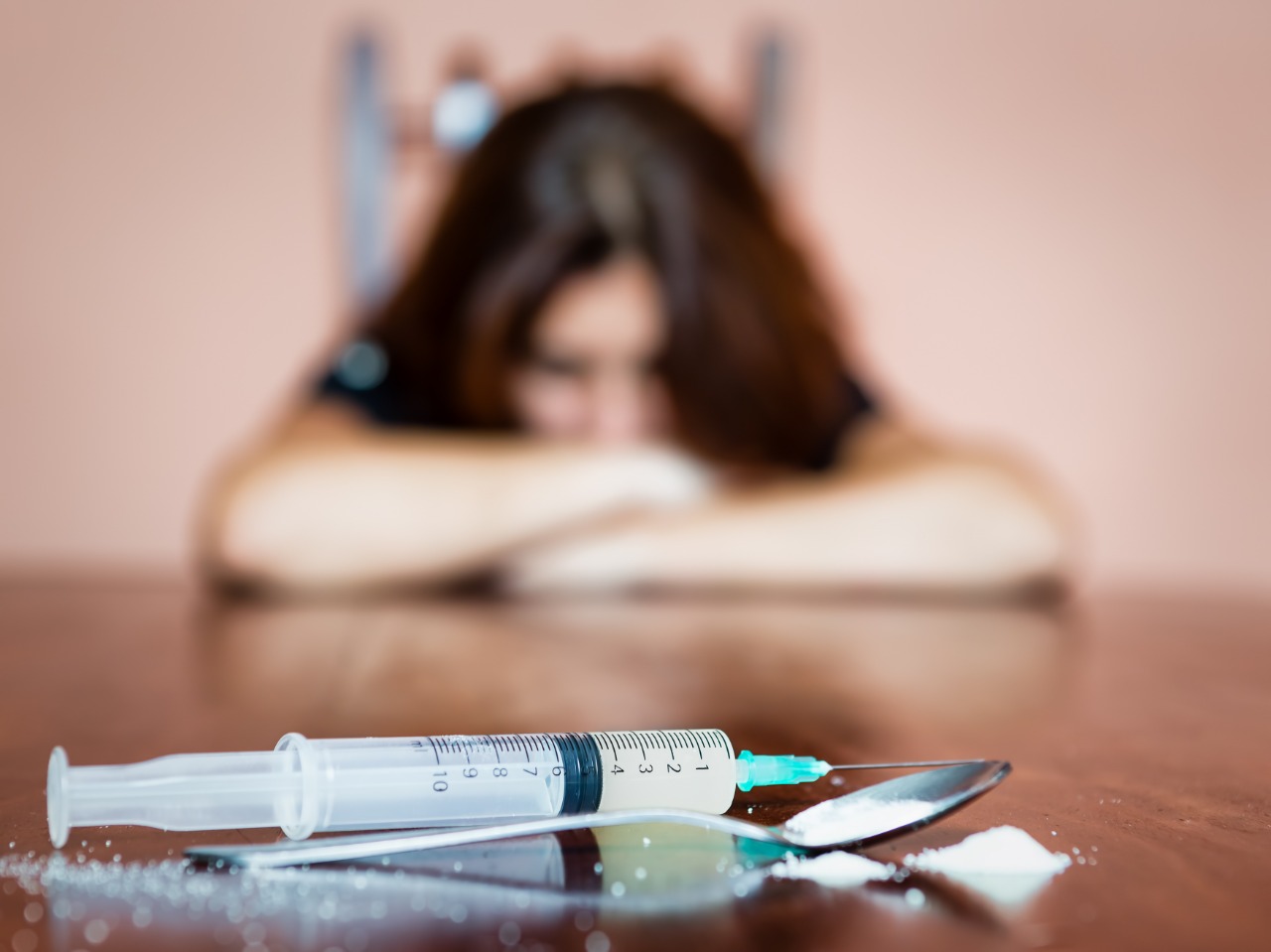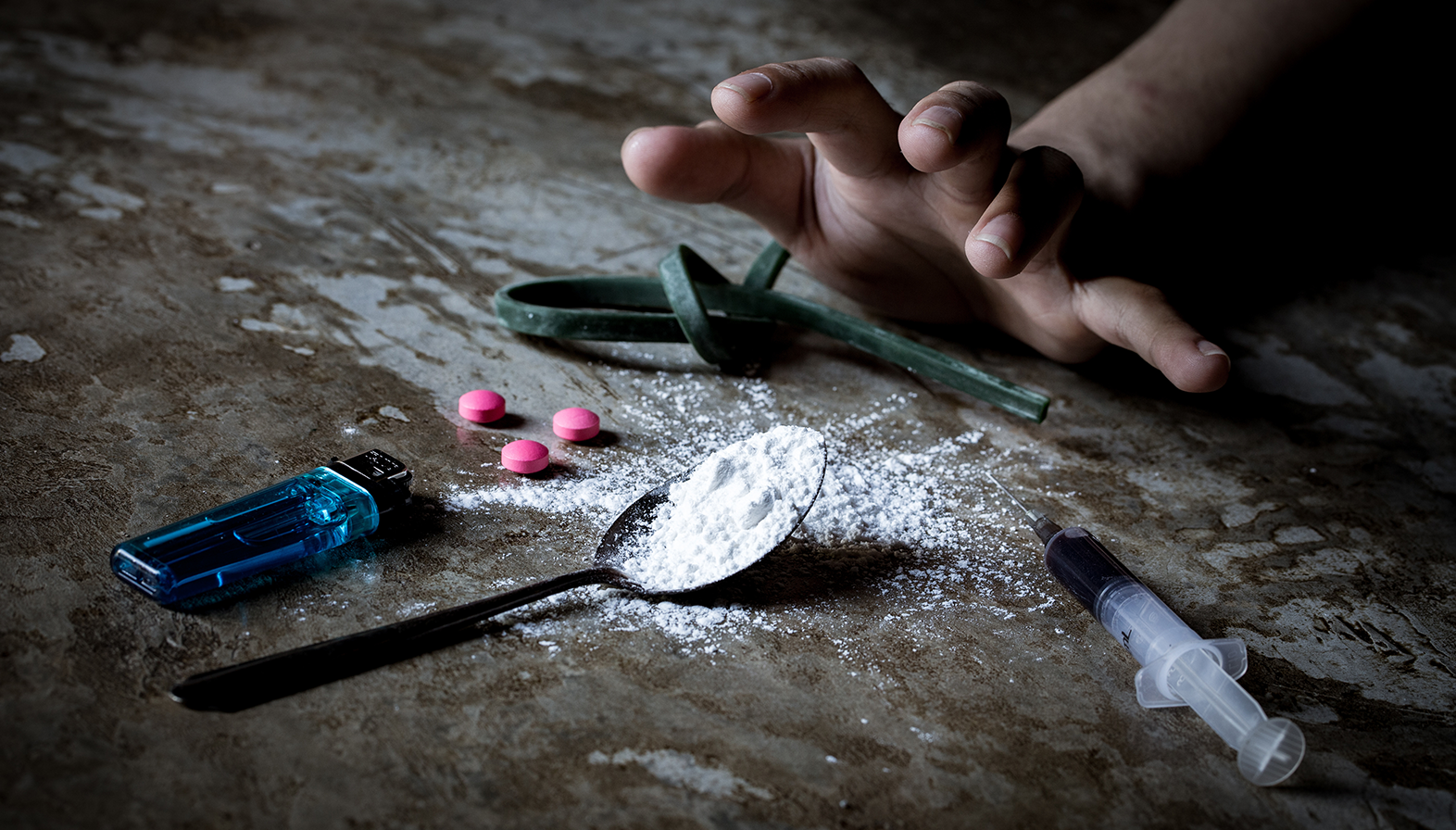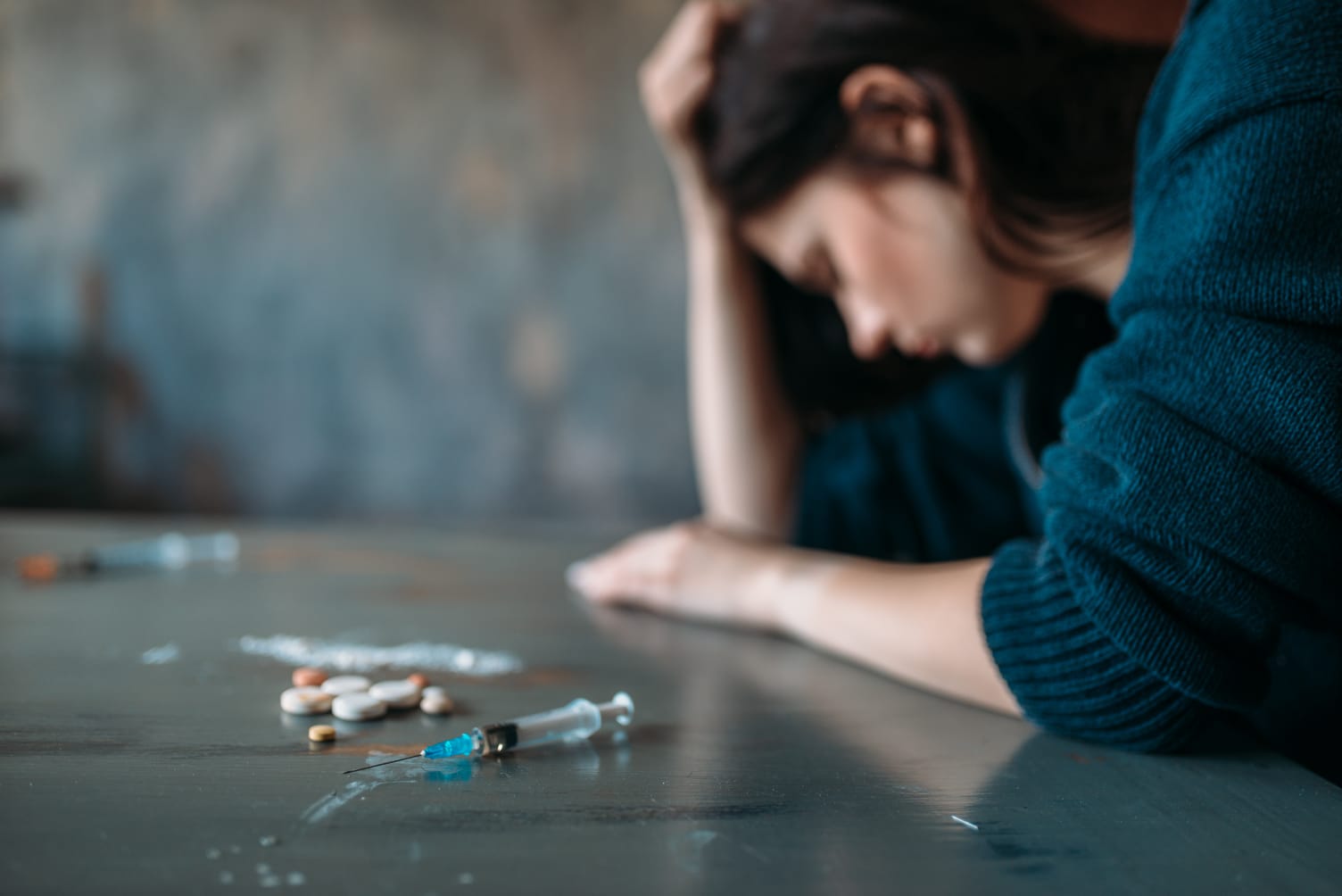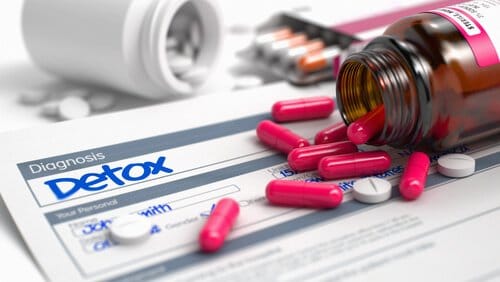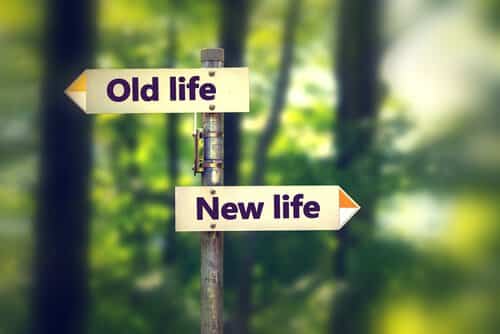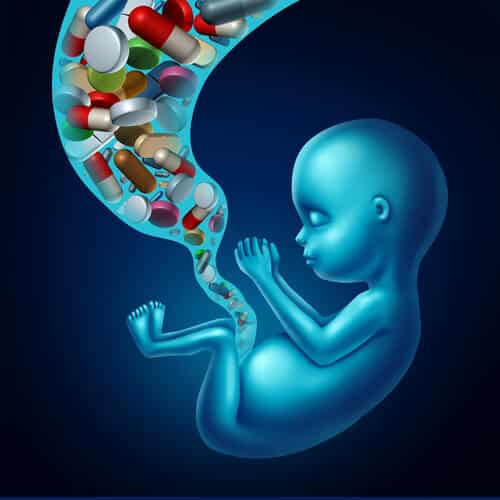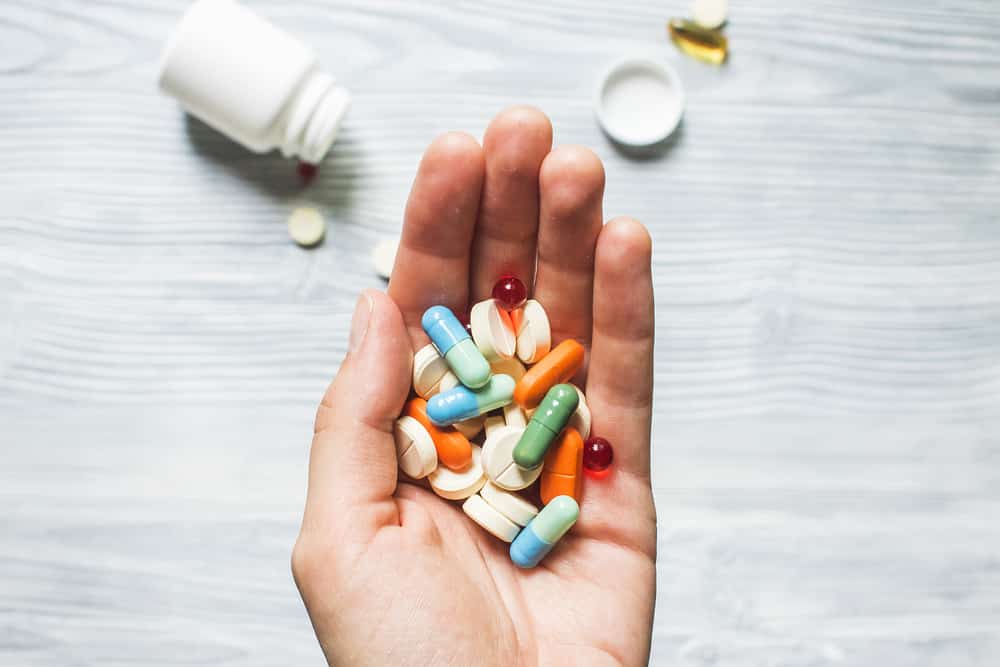Drug use disorder and addiction are terms often used interchangeably, but they represent specific and deeply personal challenges for millions of individuals and families. With substance use affecting people of all ages, backgrounds, and walks of life, awareness and accurate information are critical in reducing stigma and encouraging treatment.
This guide will help you understand what drug use disorder is, how it develops, the signs to look for, and the recovery options available.
Table of Contents
ToggleWhat Is Drug Use Disorder?
According to the National Institute on Drug Abuse (NIDA), drug use disorder is a medical condition characterized by an individual’s compulsive use of a substance despite negative consequences. It ranges from mild to severe and is often accompanied by physical and psychological dependence.
Drug use disorder is a form of substance use disorder (SUD), a clinical diagnosis that includes both alcohol and drug-related problems. Substance use can involve prescription medications, illicit drugs, or legal substances like cannabis, depending on how they’re used.
How Does Addiction Develop?
Addiction doesn’t happen overnight. It typically follows a progression:
- Experimentation: Trying a substance out of curiosity or peer pressure.
- Regular Use: Patterns start forming; the individual may begin to rely on the drug in certain situations.
- Risky Use: Use begins to affect relationships, responsibilities, or health.
- Dependence: The body adapts, requiring more of the drug to achieve the same effect (tolerance), and withdrawal symptoms may occur.
- Addiction: Continued use despite serious consequences; the individual may feel unable to stop.
Brain chemistry plays a major role. Drugs interfere with how neurons send, receive, and process signals, especially those related to pleasure, stress, and self-control.
Signs and Symptoms of Drug Use Disorder
Recognizing the signs early can make a significant difference. Here are common indicators:
- Increased secrecy or changes in social circles
- Neglecting responsibilities at home, school, or work
- Mood swings, irritability, or sudden personality changes
- Physical symptoms like weight loss, fatigue, or poor hygiene
- Financial problems or unexplained need for money
- Risky behaviors, such as driving under the influence
Withdrawal symptoms, such as nausea, insomnia, anxiety, or tremors, may also be present when the drug is not used.
Why Early Intervention Matters?
The sooner drug use disorder is addressed the better the outcomes. Early intervention can:
- Prevent more serious health complications
- Reduce the risk of overdose or hospitalization
- Improve mental health and daily functioning
- Make long-term recovery more achievable
Talking to a healthcare professional is often the first step. Family, friends, and caregivers play a vital role in supporting that decision.
Treatment Options for Drug Use Disorder
Treatment is not one-size-fits-all. Effective recovery programs are personalized and may include:
- Medical Detox: Supervised withdrawal with support for managing symptoms safely.
- Outpatient Detox Programs: Like those at the Center for Network Therapy (CNT), these allow individuals to receive medical care while continuing daily responsibilities.
- Behavioral Therapy: Including cognitive-behavioral therapy (CBT), motivational interviewing, and group counseling.
- Medication-Assisted Treatment (MAT): For opioid and alcohol use disorders, FDA-approved medications can help reduce cravings and prevent relapse.
- Aftercare Planning: Ongoing support through relapse prevention, family counseling, and peer groups.
The goal of treatment is not just abstinence, but restoring quality of life.
The Role of CNT in Supporting Recovery
At CNT, we specialize in outpatient detox programs designed to meet people where they are. Whether it’s opioids, alcohol, benzodiazepines, or other substances, our programs offer:
- 24/7 medical supervision
- Individualized care plans
- Confidential and compassionate support
- Flexibility for those with jobs, families, or other responsibilities
We believe recovery is possible without stepping away from life, and we’re here to support that journey.
Learn More and Get Help
If you or someone you care about is showing signs of drug use disorder, don’t wait. Understanding the condition is the first step toward healing.
Visit our Resource Center or Contact Us to explore treatment options.
Sources:
- National Institute on Drug Abuse: https://nida.nih.gov/
- Substance Abuse and Mental Health Services Administration (SAMHSA): https://www.samhsa.gov/
- CDC: Substance Use
Disclaimer: This blog is meant to offer guidance and education, not medical advice. If you’re feeling uncertain about your relationship with substances, you don’t have to figure it out alone. A healthcare provider can help; or if you’re not ready to talk, our anonymous self-check quiz is a gentle place to begin.



